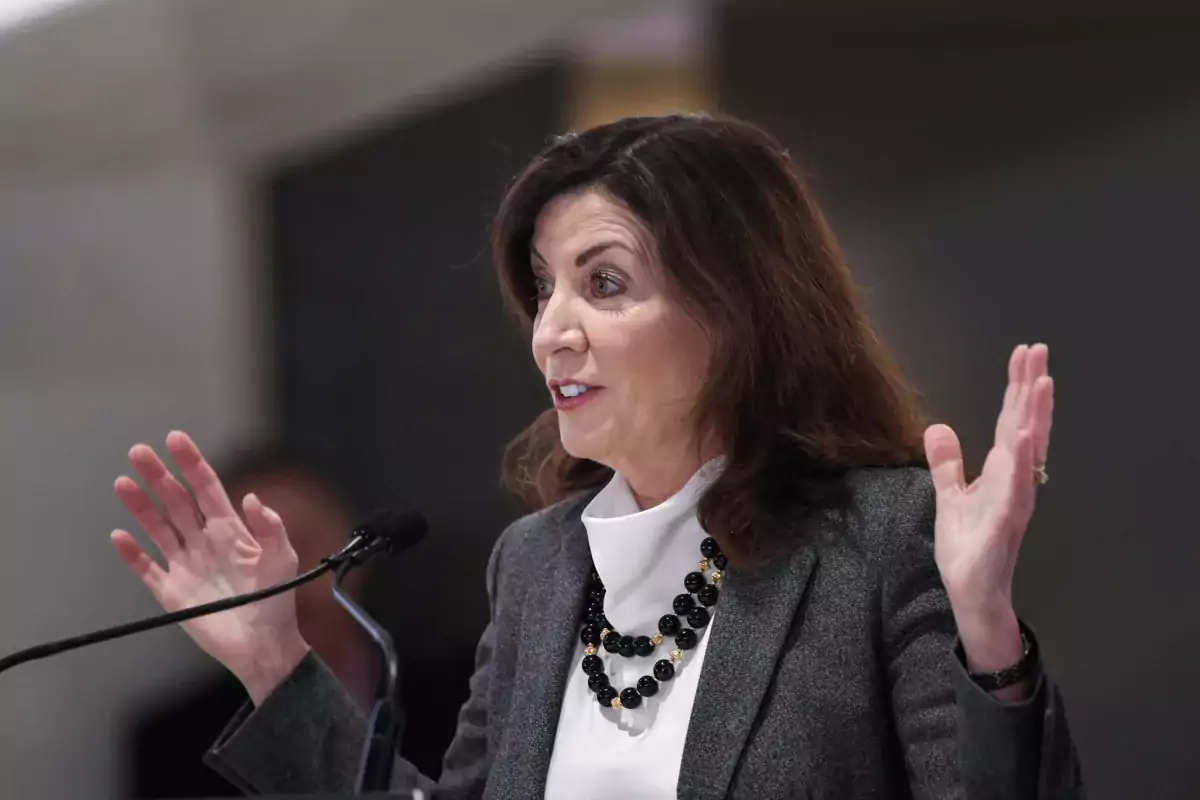
What’s Really Going on in the NYC Subway?
New York officials have flooded the subway system with cops and military personnel in a show of “security theater.” Will it actually make people safer—and is that even the point?

New York officials have flooded the subway system with cops and military personnel in a show of “security theater.” Will it actually make people safer—and is that even the point?
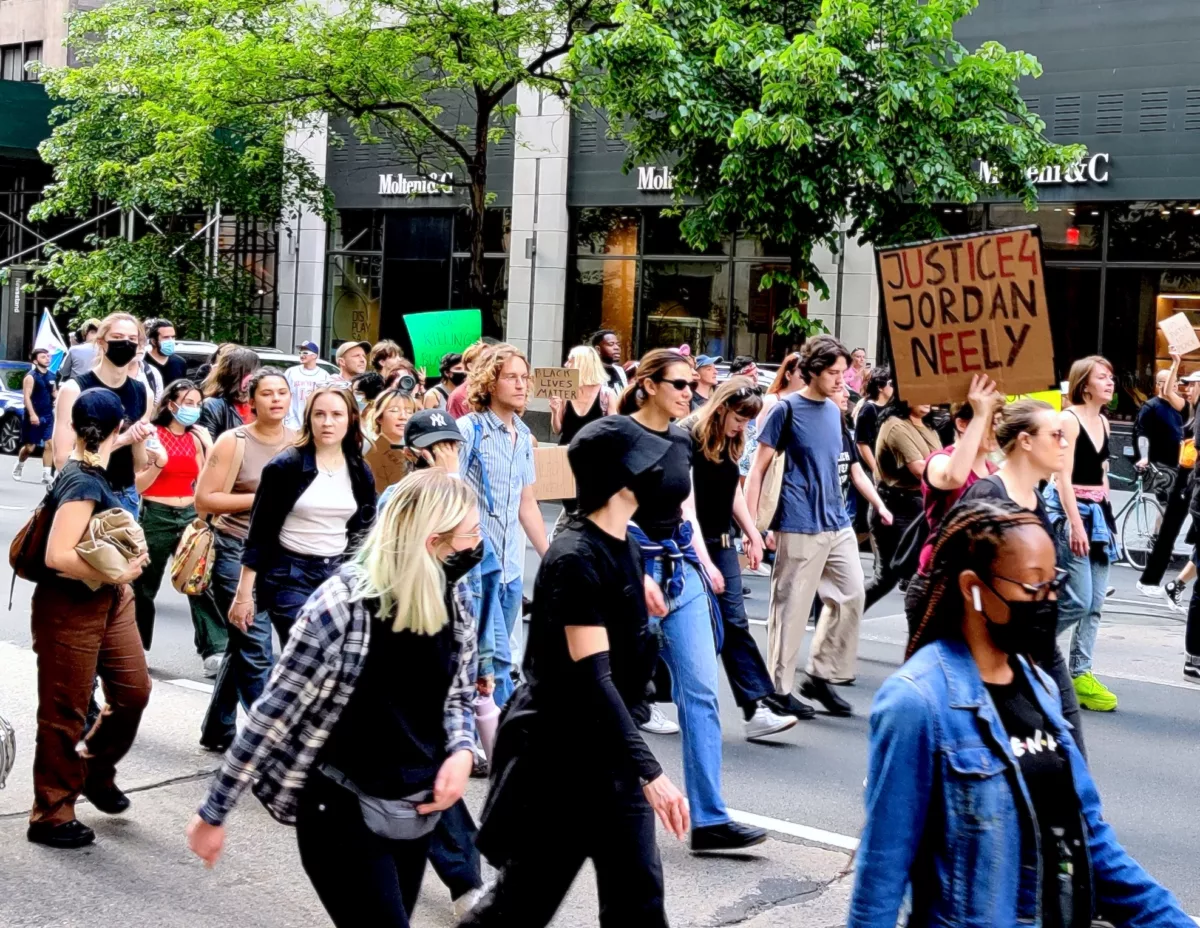
Neely’s killing is once again a reminder that carceral approaches to homelessness reproduce, rather than ameliorate, poverty.
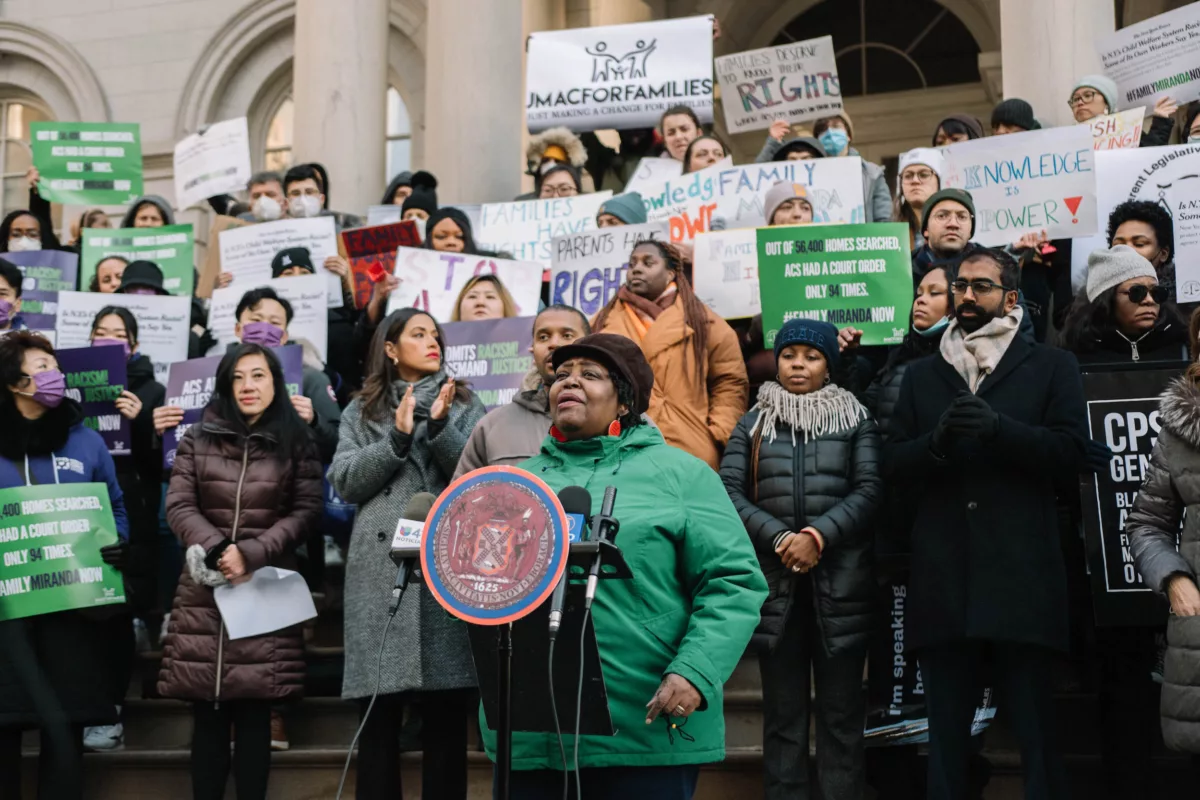
New York families are organizing to require caseworkers to give parents a Miranda-like warning informing them of their rights in so-called “child welfare” investigations.
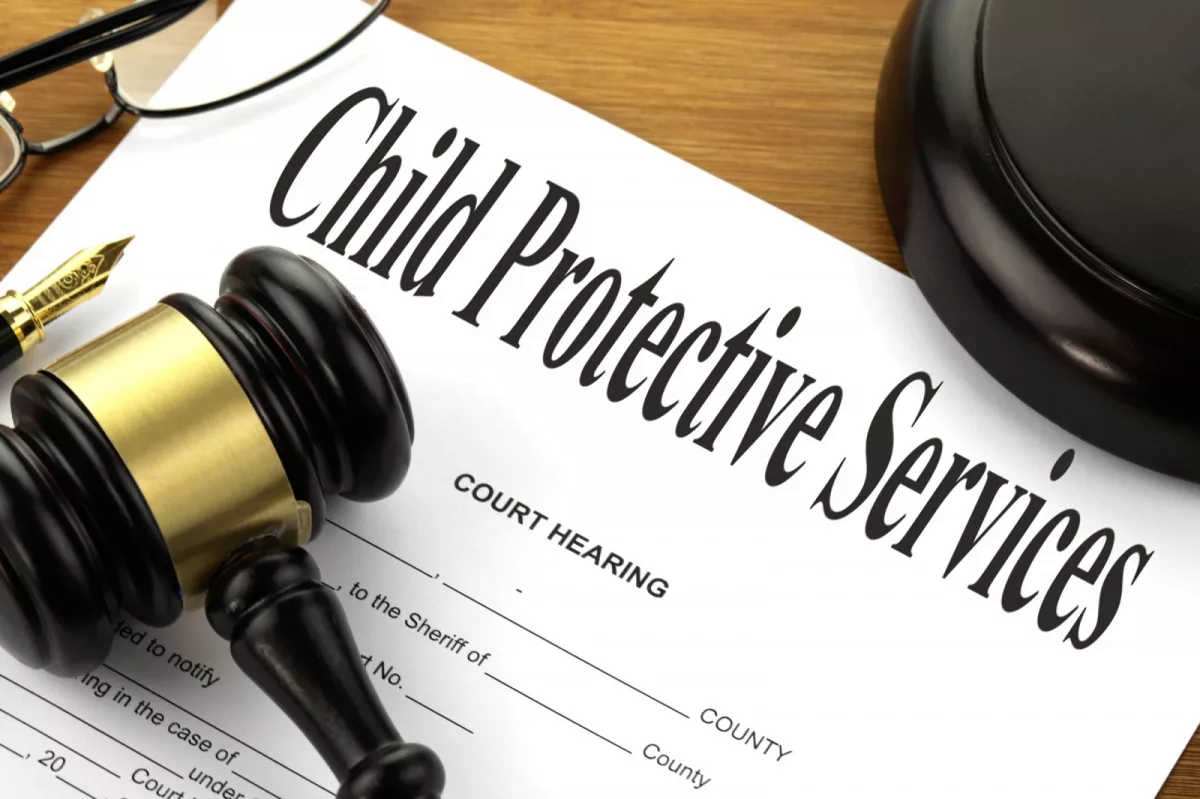
The New York City Administration for Children’s Services effectively serves as a policing system for parents, which disproportionately targets families of color and only rarely finds evidence of abuse or neglect.
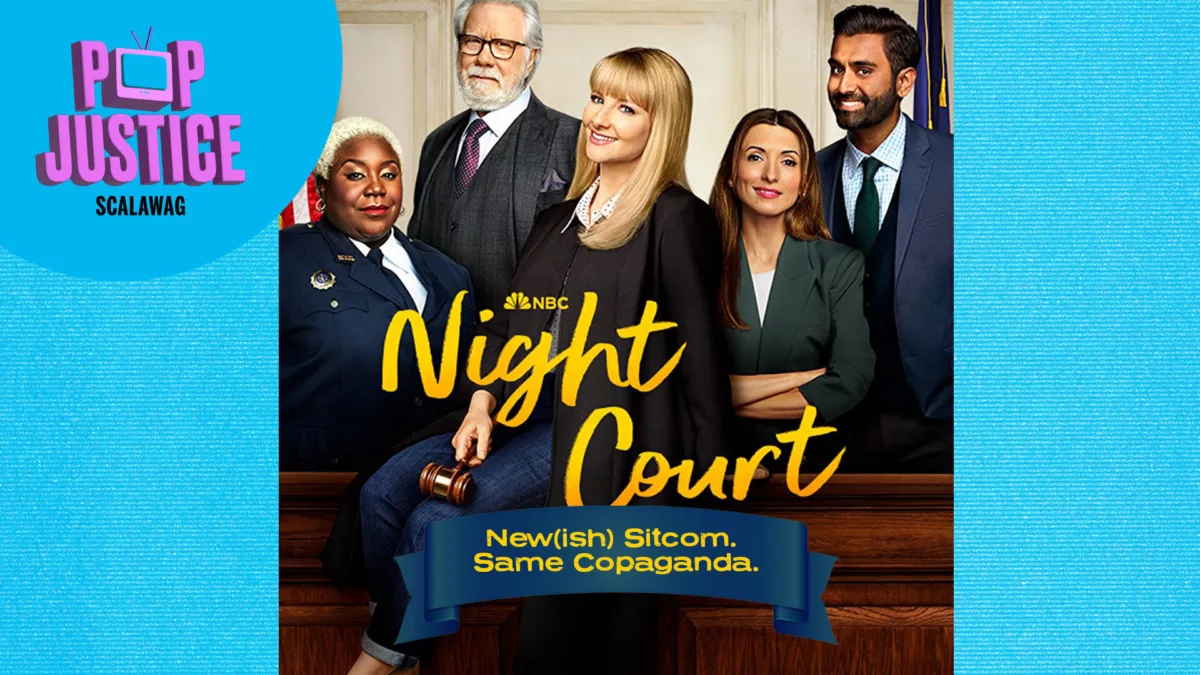
A criminal-legal reporter ventures into Night Court—the cringy sitcom reboot and the real courtroom in Manhattan.
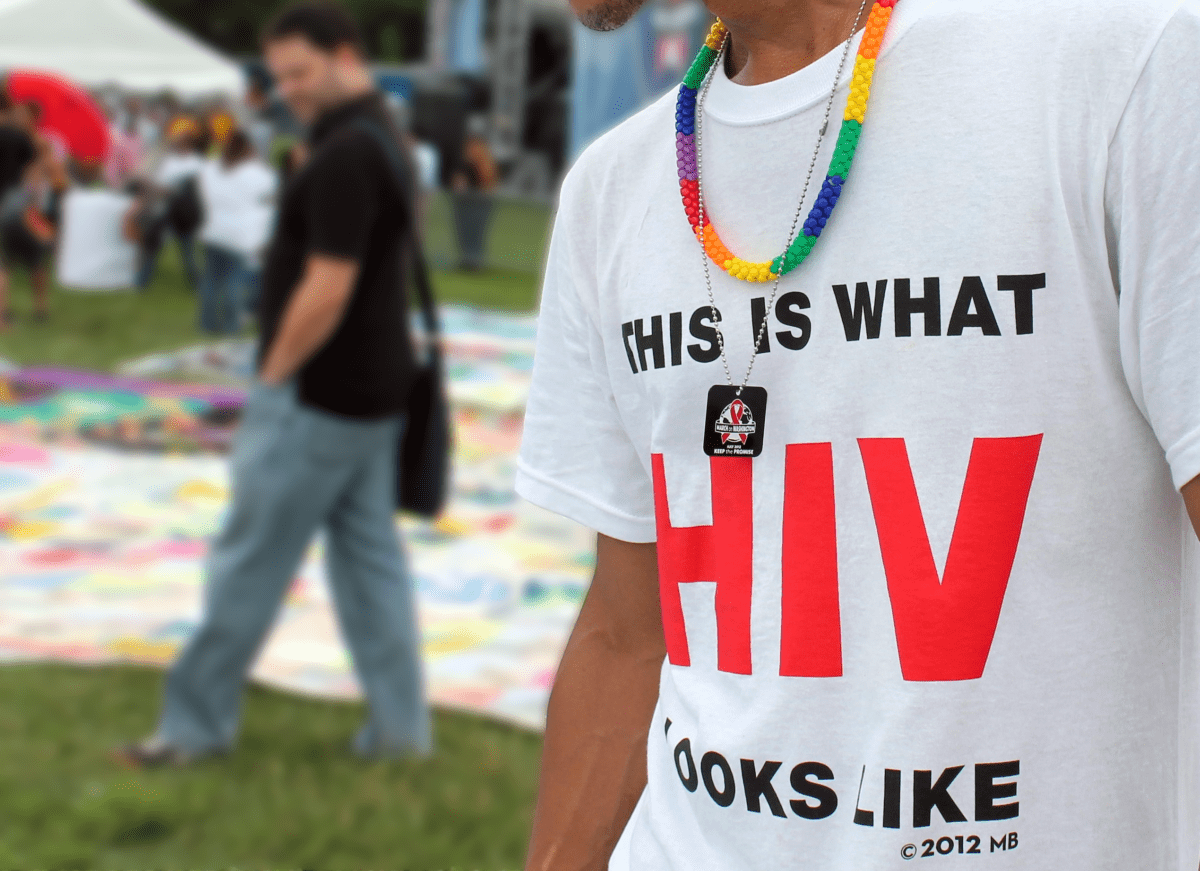
Robert Suttle was required to register as a sex offender in Louisiana after being convicted of exposing someone to HIV. But despite the fact that New York does not require its own residents to register after such a crime, the state is forcing the label on him anyway—and the Manhattan DA’s office is fighting him.

I was lucky enough to get a lot of mail while imprisoned on Rikers Island. Paper mail is one of the few things that keeps prisoners feeling human.
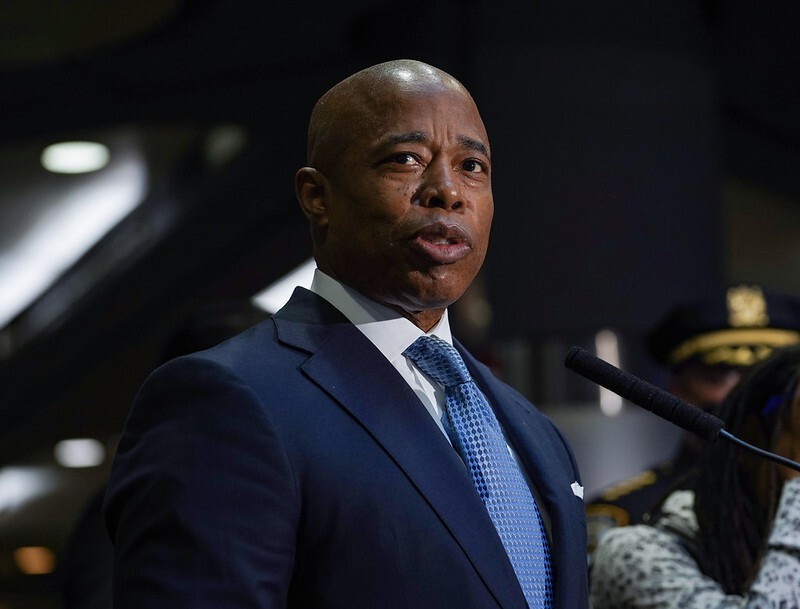
New York City Mayor Eric Adams issued a directive this week that puts police at the center of renewed efforts to remove people exhibiting signs of mental illness from public spaces.
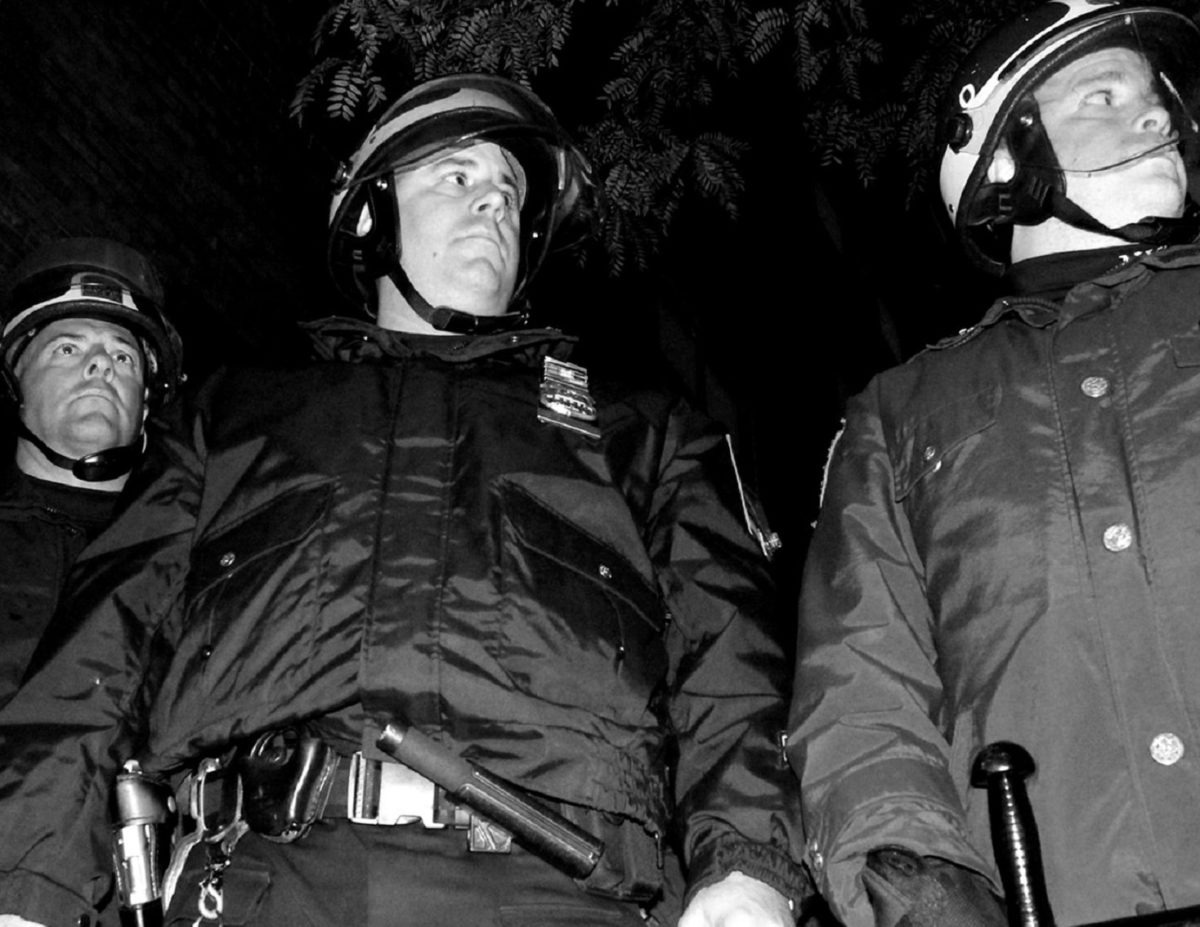
Former top cops say a culture of neglect at the NYPD has left inexperienced and poorly trained officers in charge of some of the department’s most sensitive cases.
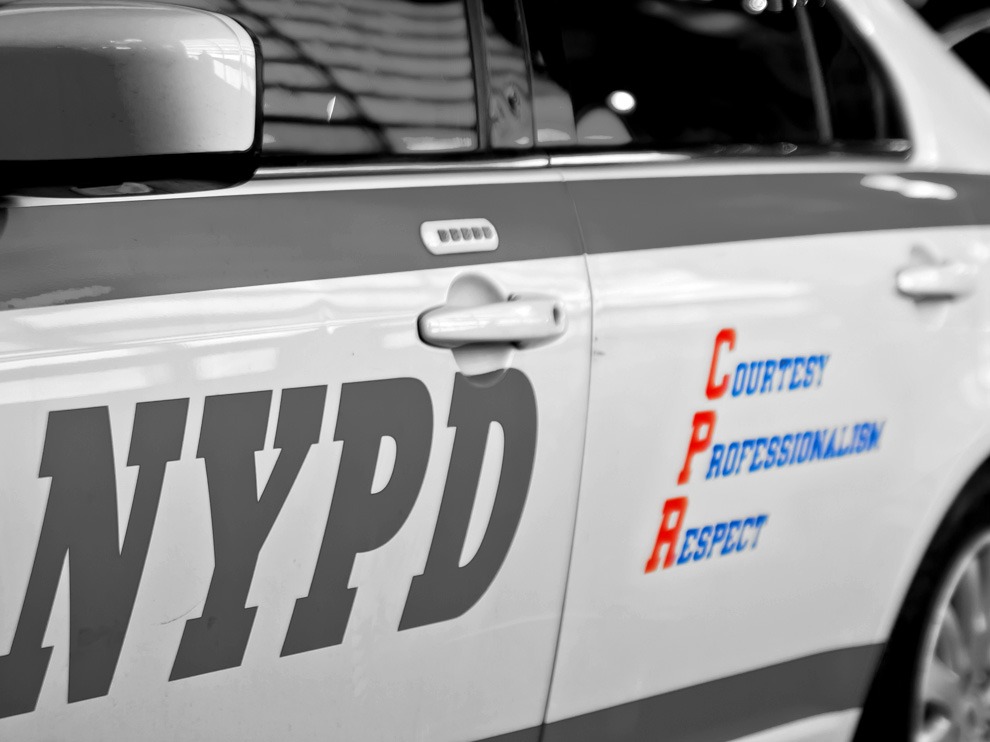
The Appeal is back and we’re worker-run. We’re excited to bring you the fifth edition of our weekly newsletter as we continue to work toward an official relaunch. Today, we also published our first story in a series of pieces we’ll be publishing in the coming weeks as we continue rebuilding and working toward an […]
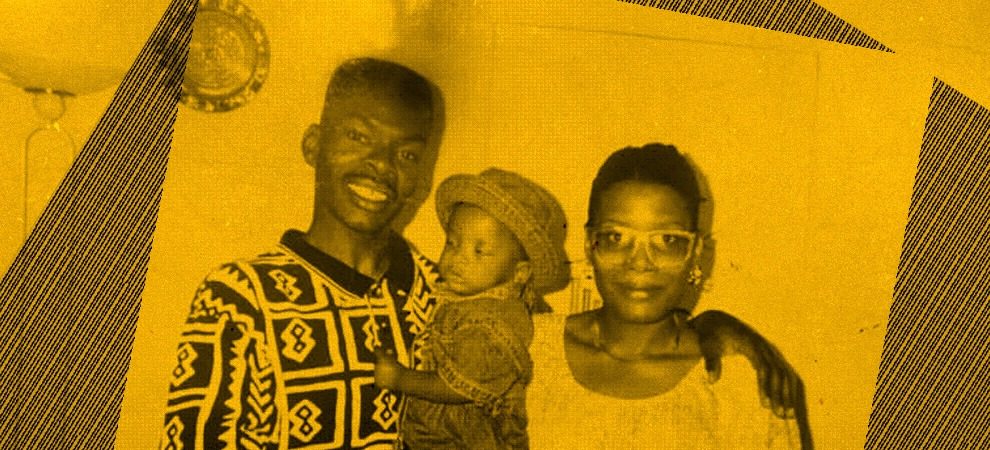
Blind in one eye and at risk of losing vision in the other, 58-year-old Reginald Randolph is now on the verge of being sent to state prison to serve out a maximum of four years in state prison.
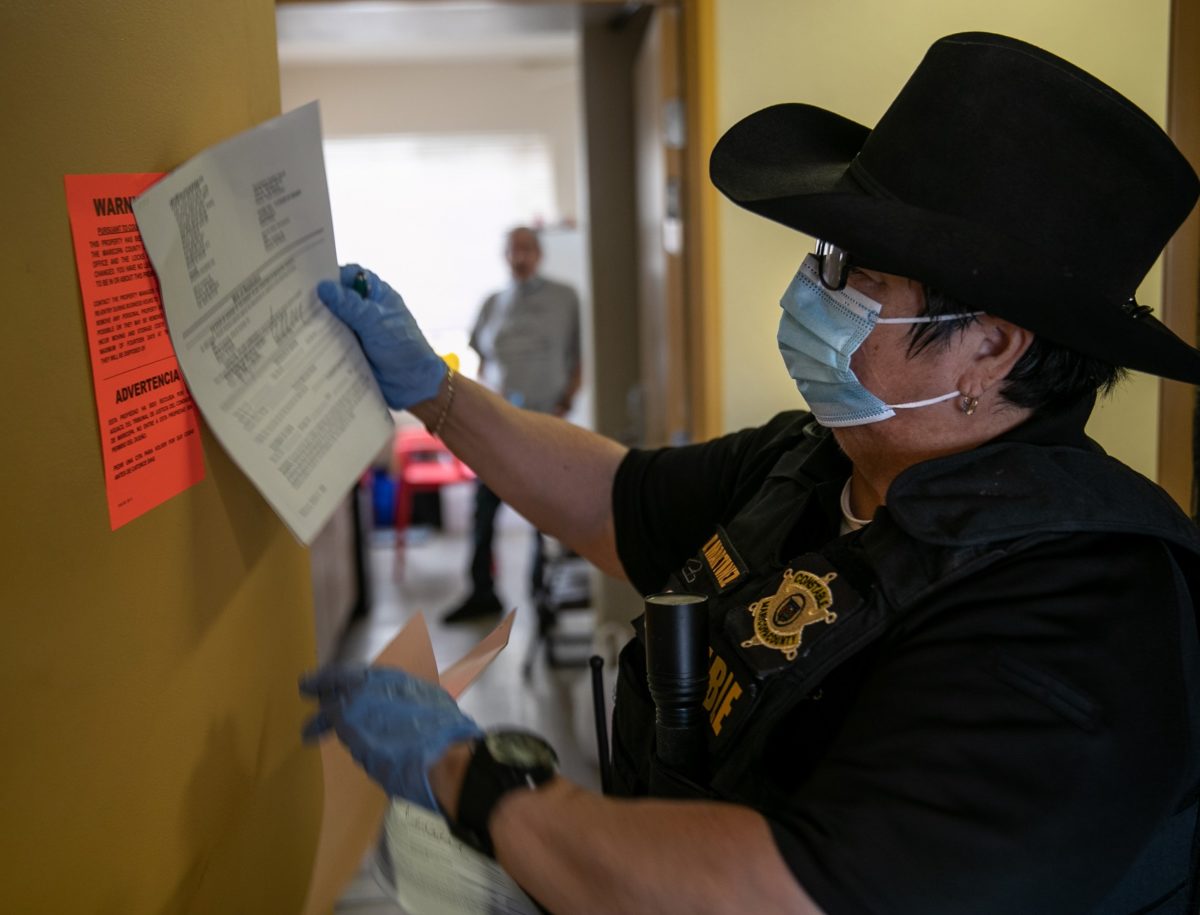
There has been a ‘parabolic increase’ in cities and states giving tenants a right to counsel to help fight evictions.
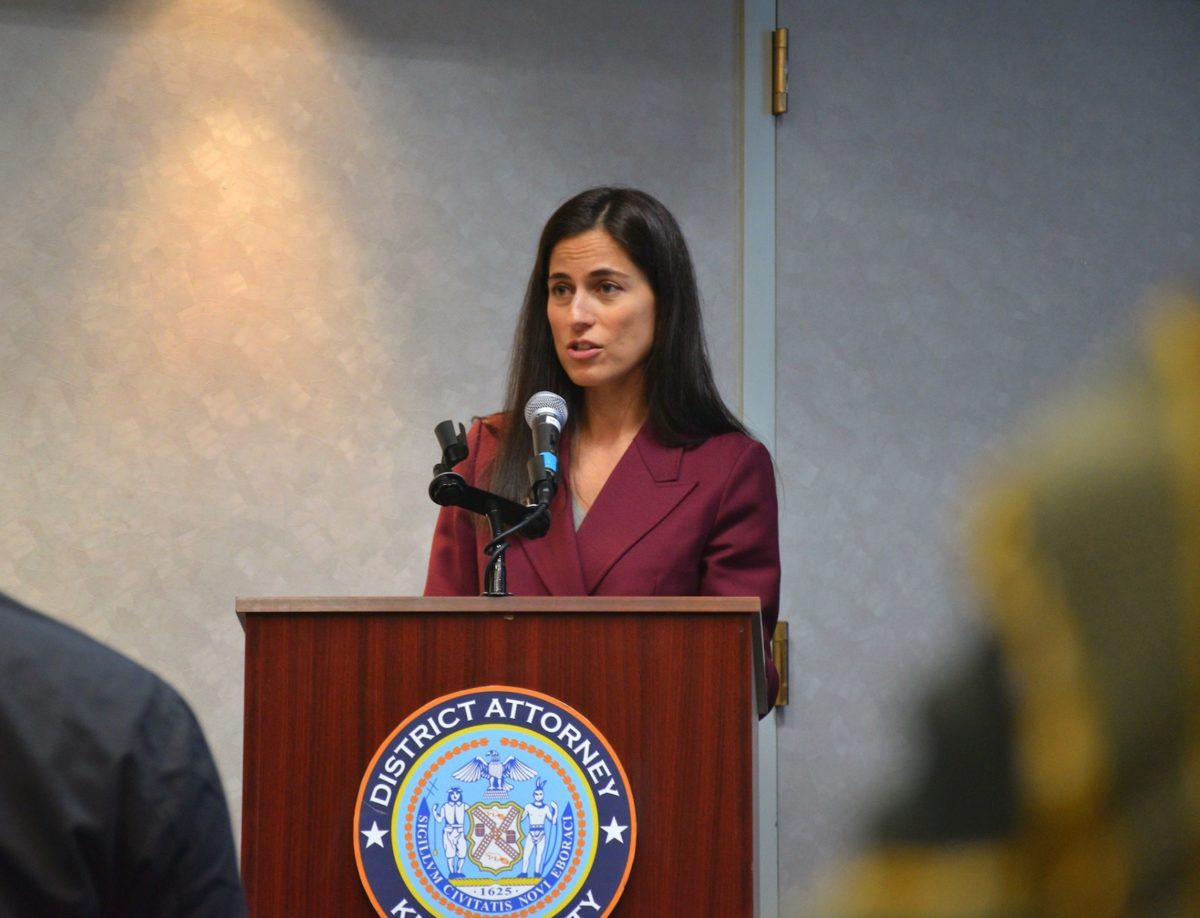
Under Tali Farhadian Weinstein’s leadership, Brooklyn’s unit exonerated just four people—a far lower rate than in previous years.
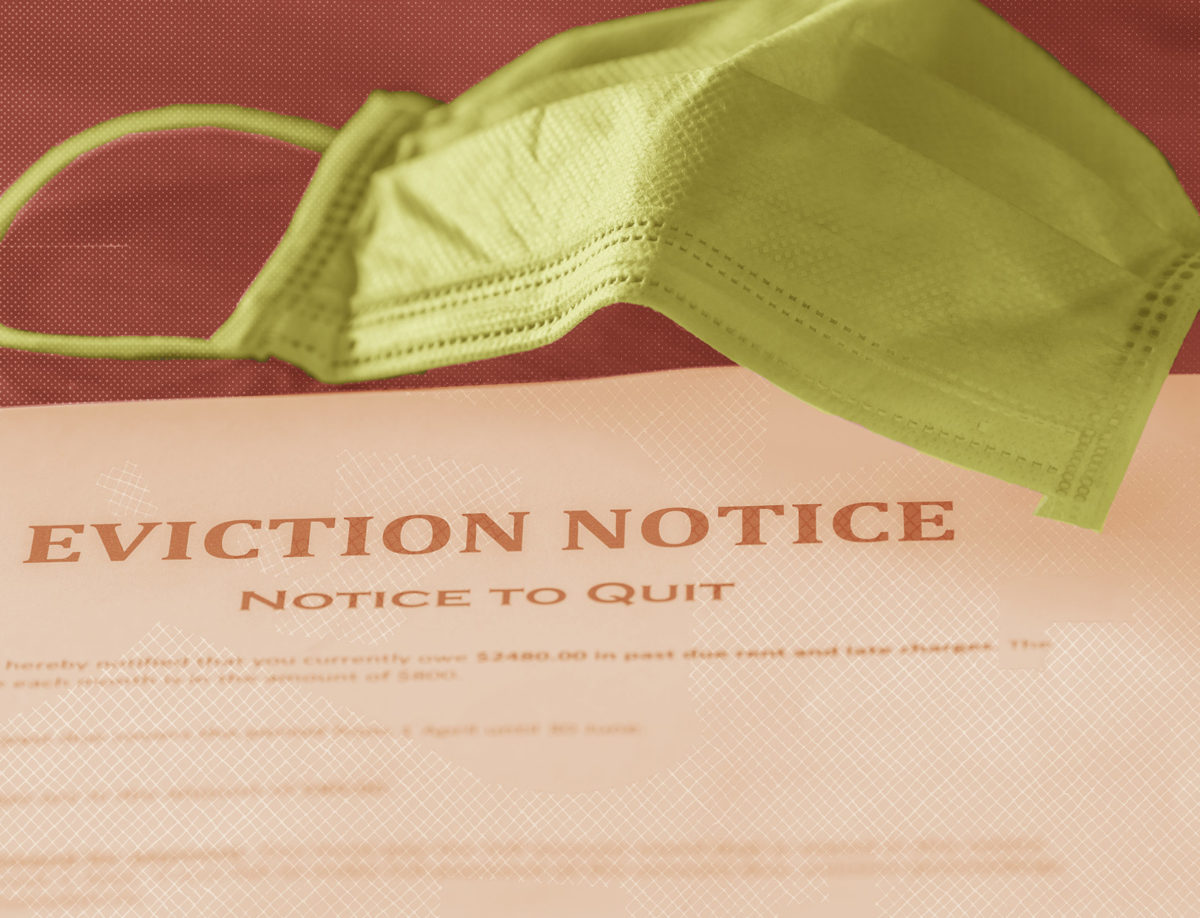
Only 7 percent of tenants in the state have legal representation in eviction proceedings. A bill in the Connecticut house is trying to change that.
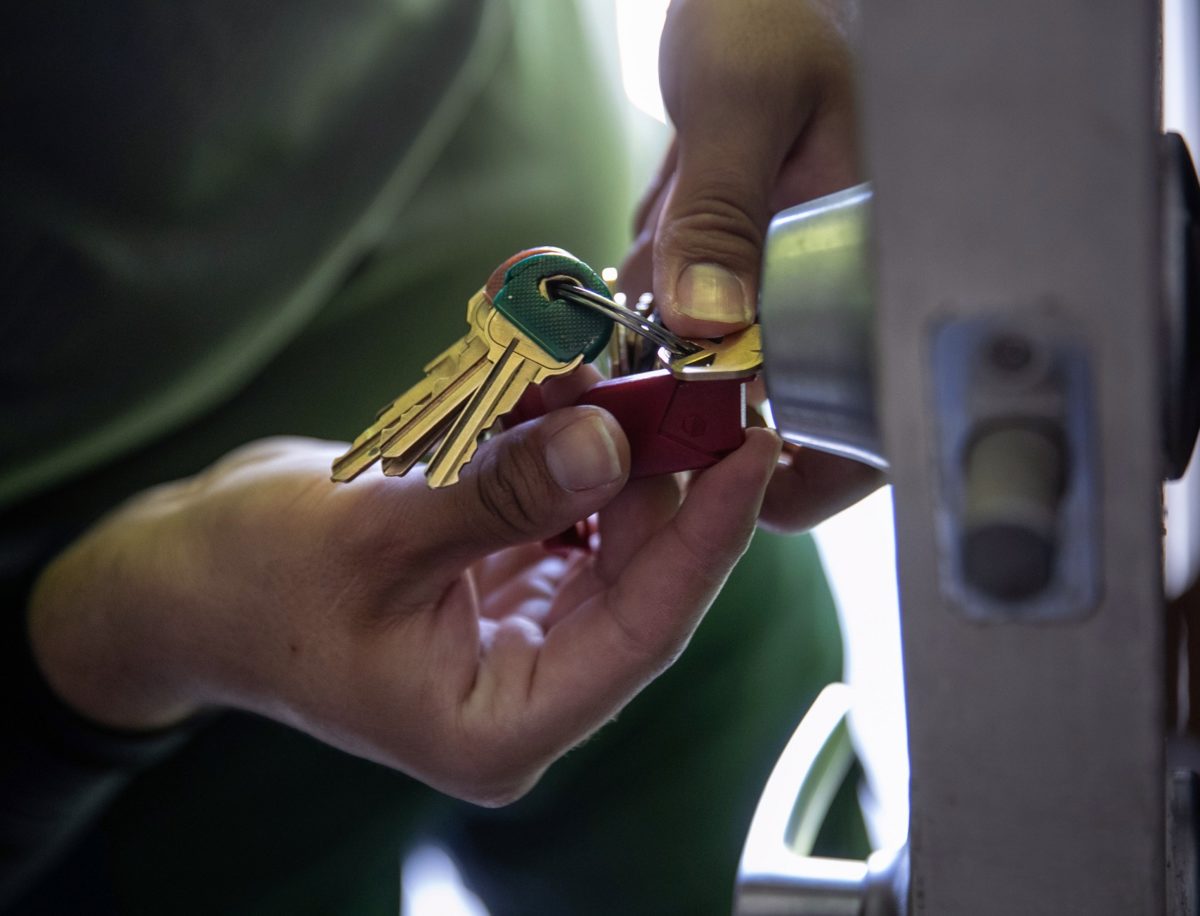
A bill passed by the state legislature, but yet to be enacted, would offer access to counsel for low-income renters.
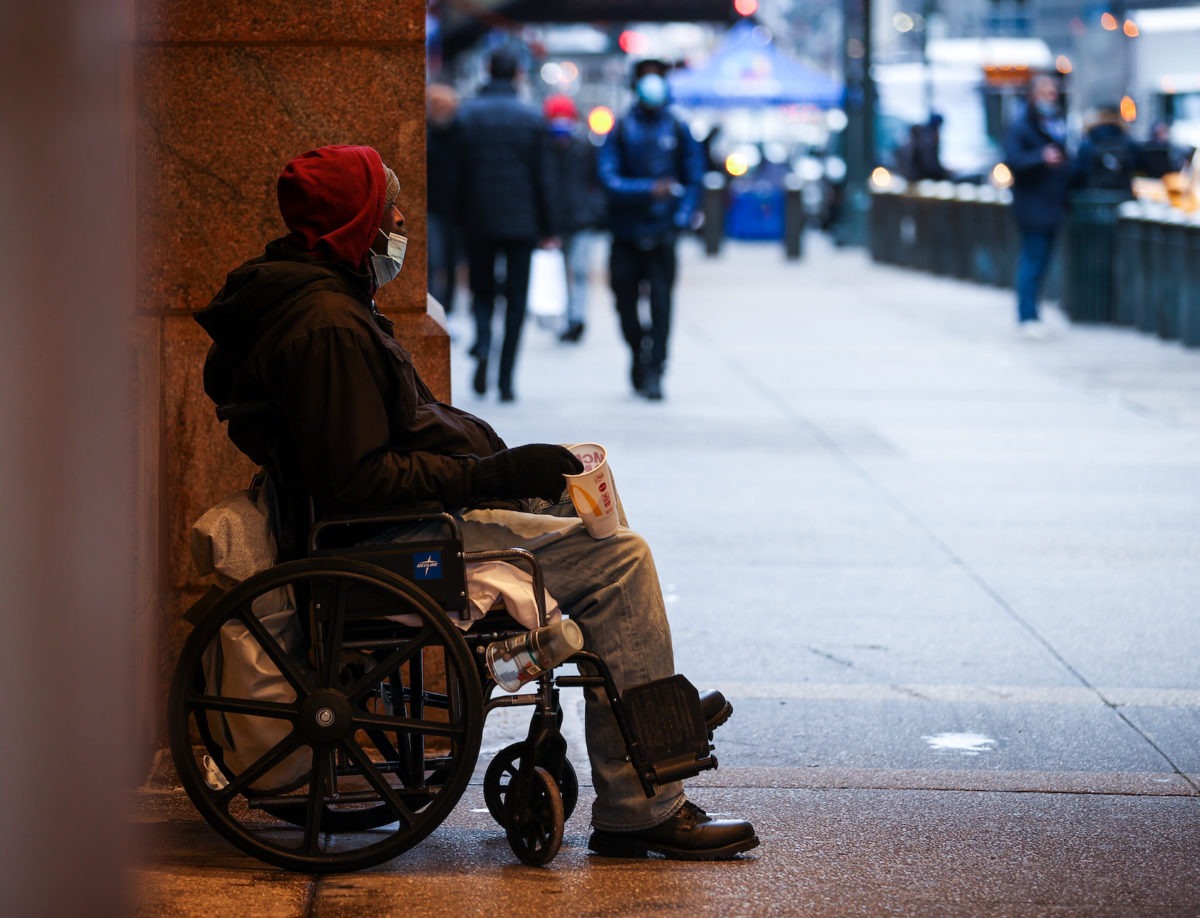
Creating a commission and a new deputy mayor of housing will give directly impacted people a much-needed voice in government—and help ensure a right to housing for all.
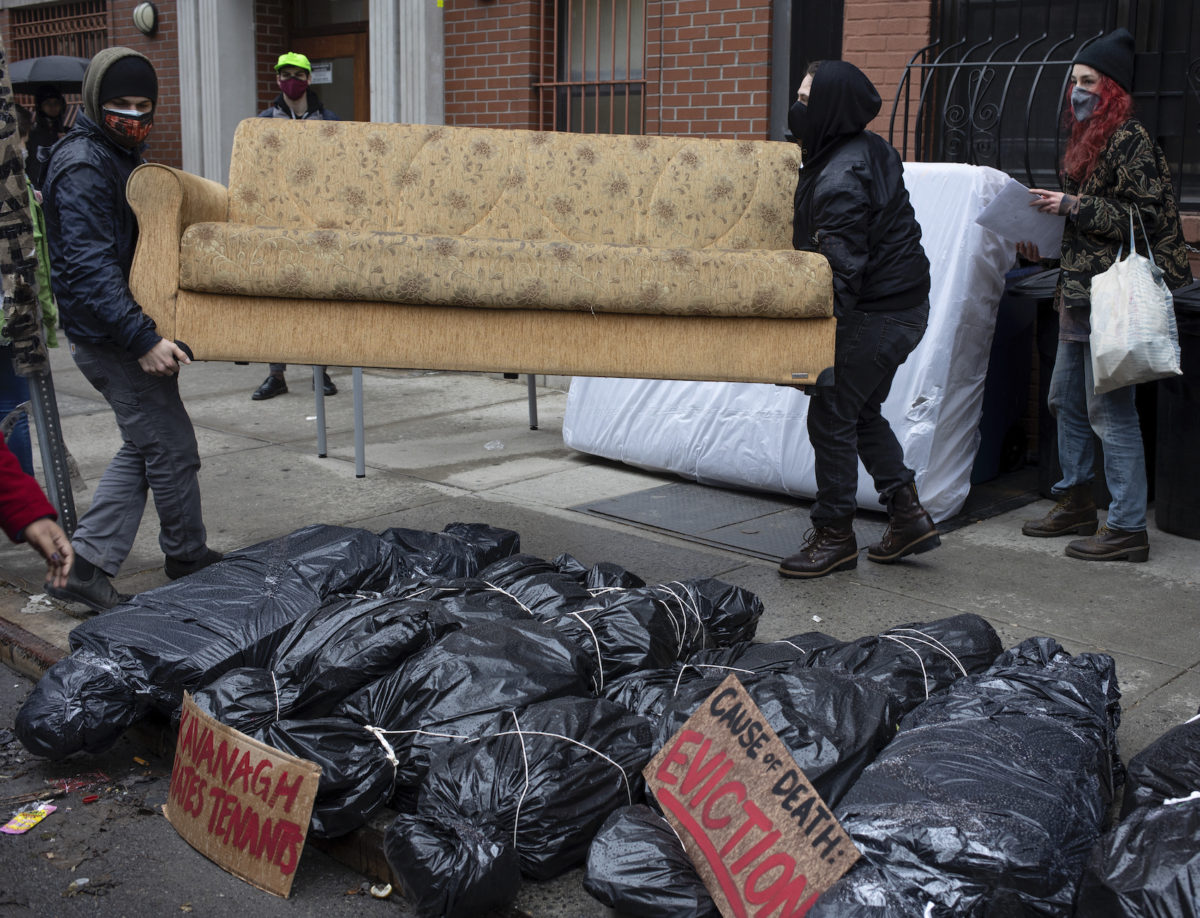
Activists are calling for a number of new policies to expand the reach of community land trusts.
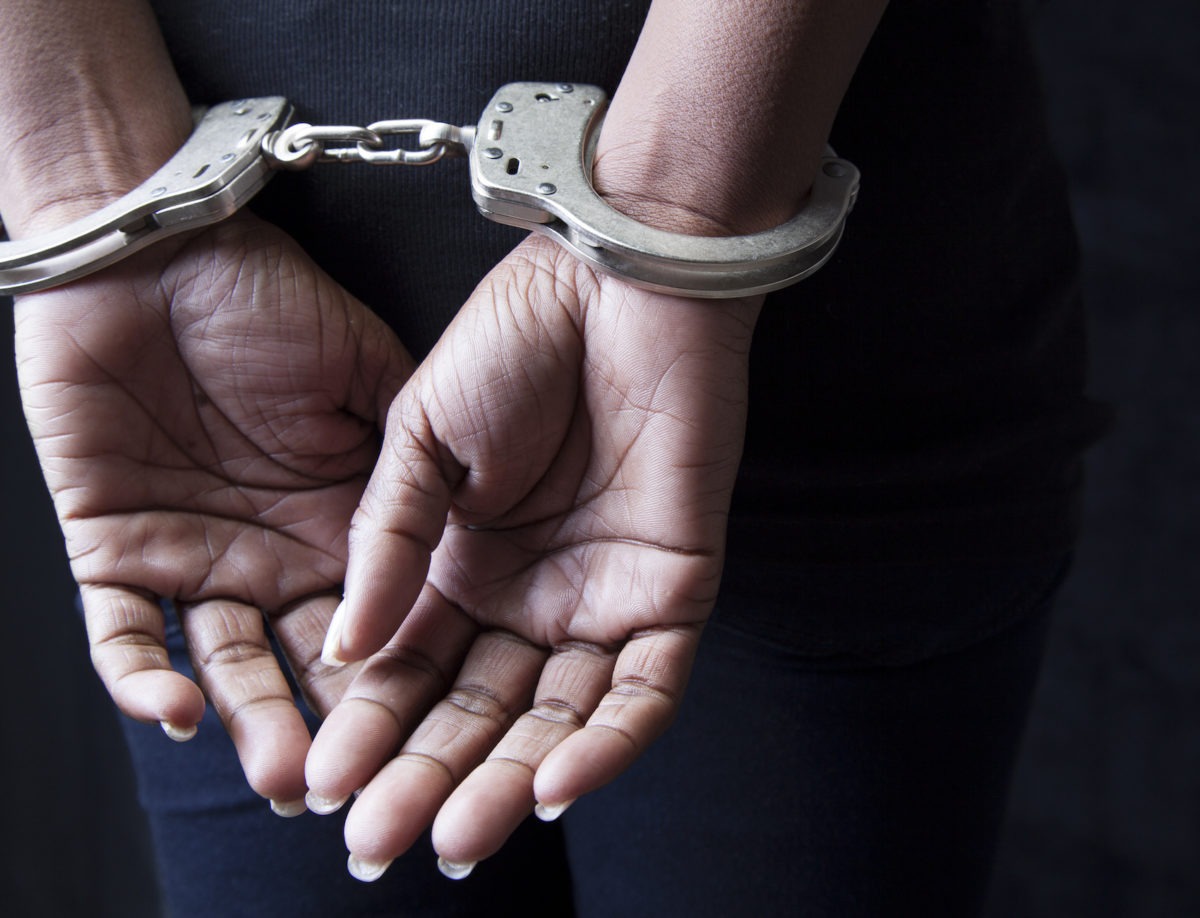
Getting convicted of a “minor offense” inflicts serious, long-term harm. The state can and must divert more people to counseling, group meetings, or other interventions.
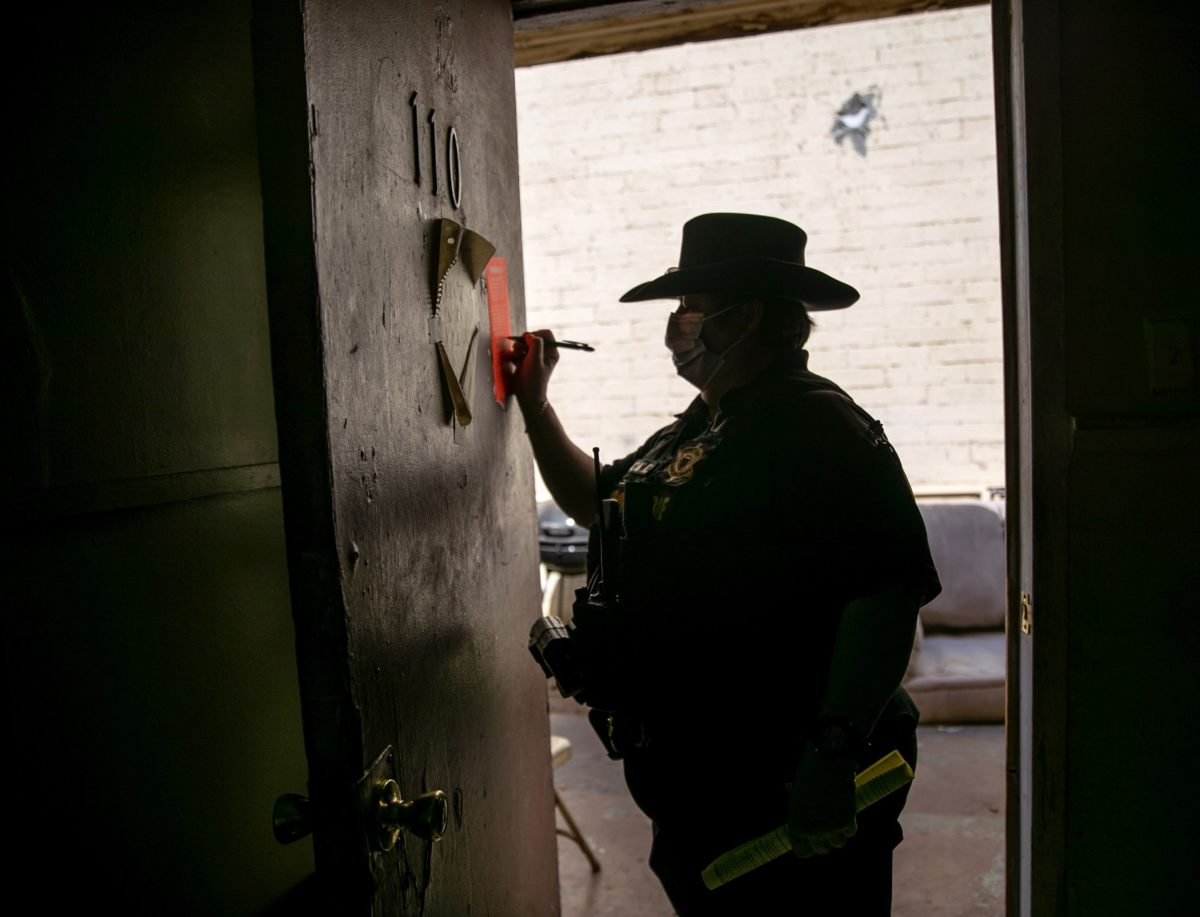
Ensuring renters have representation in housing court would help close a “justice gap” and be a life-saving intervention for those at risk of losing their homes.
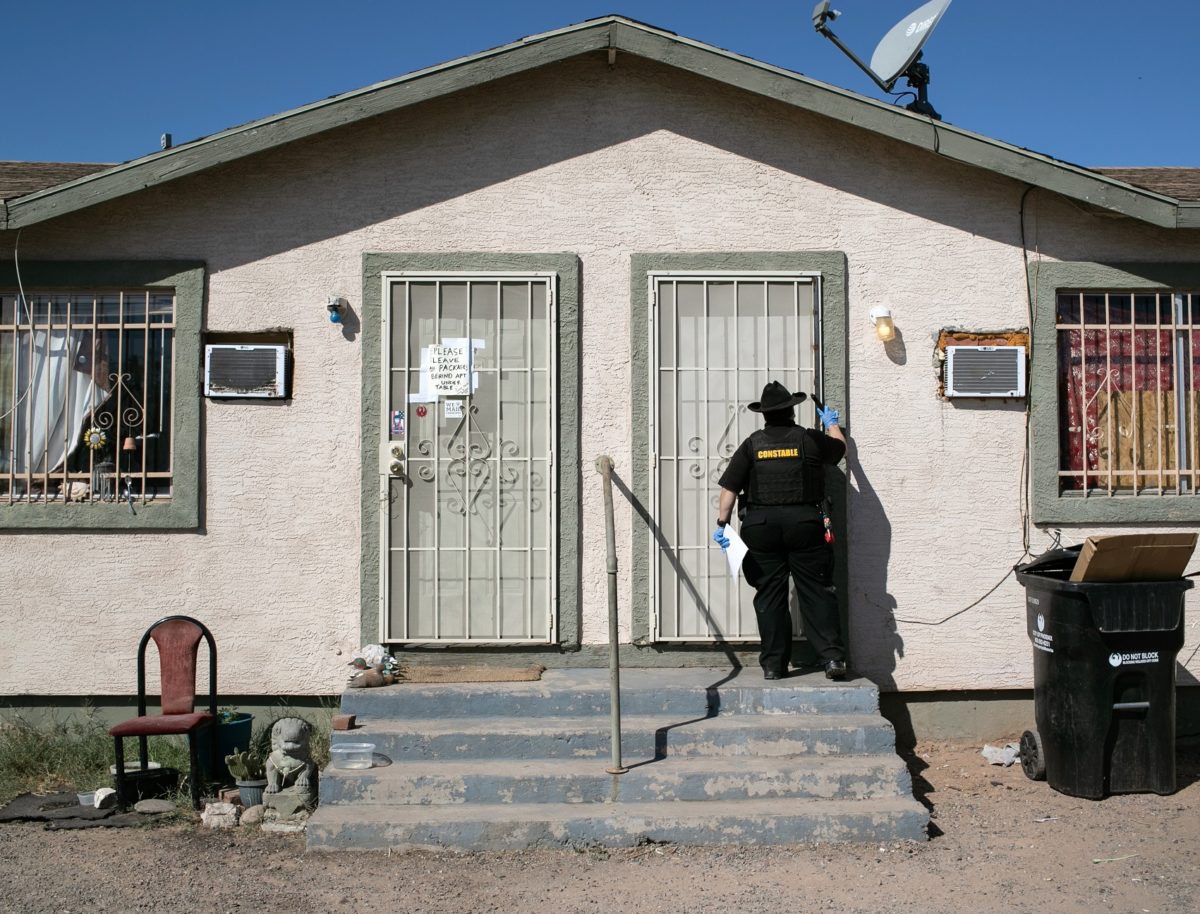
Numerous city councils and state legislatures are debating giving renters a right to counsel, which can make the difference between stability and catastrophe.
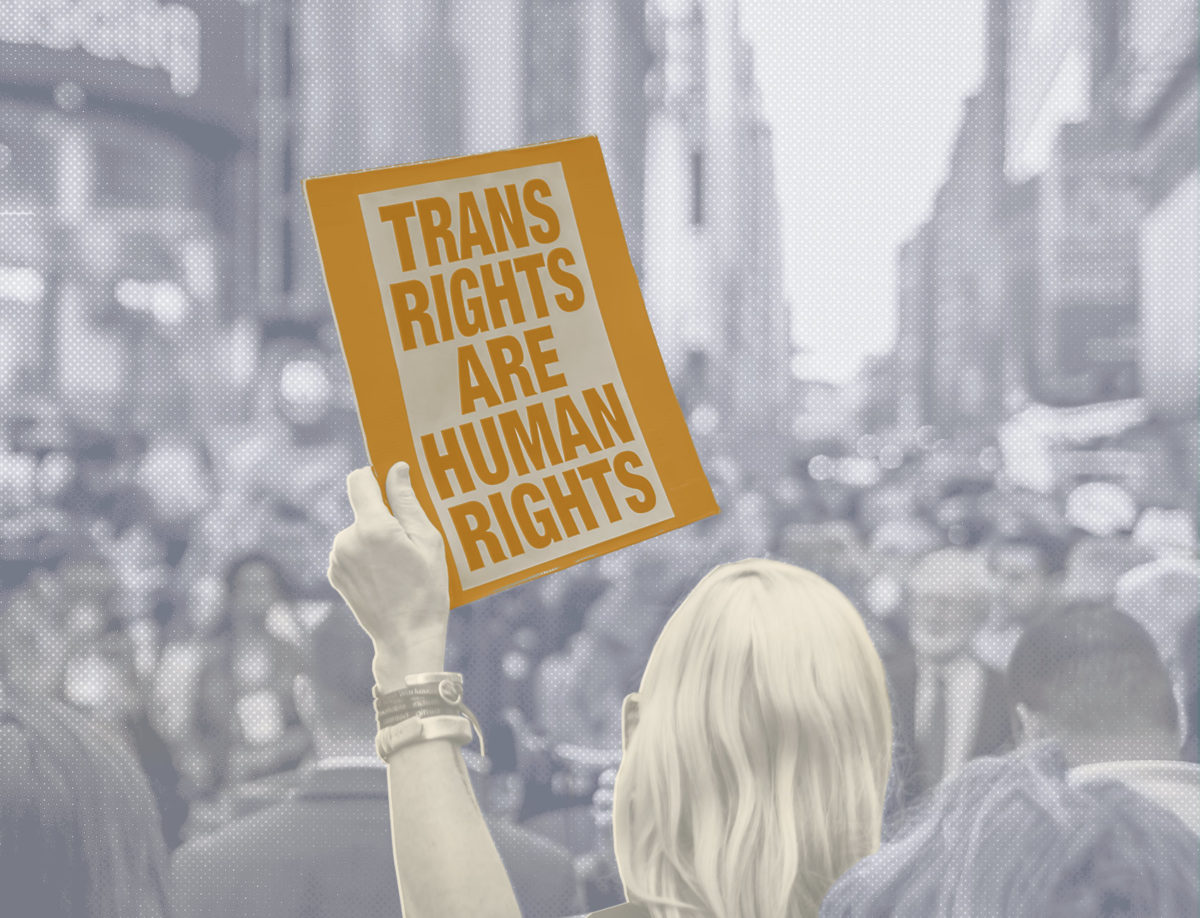
After organizing to repeal the “walking while trans” ban, advocates in the state—and around the country—are looking ahead to the next fight.
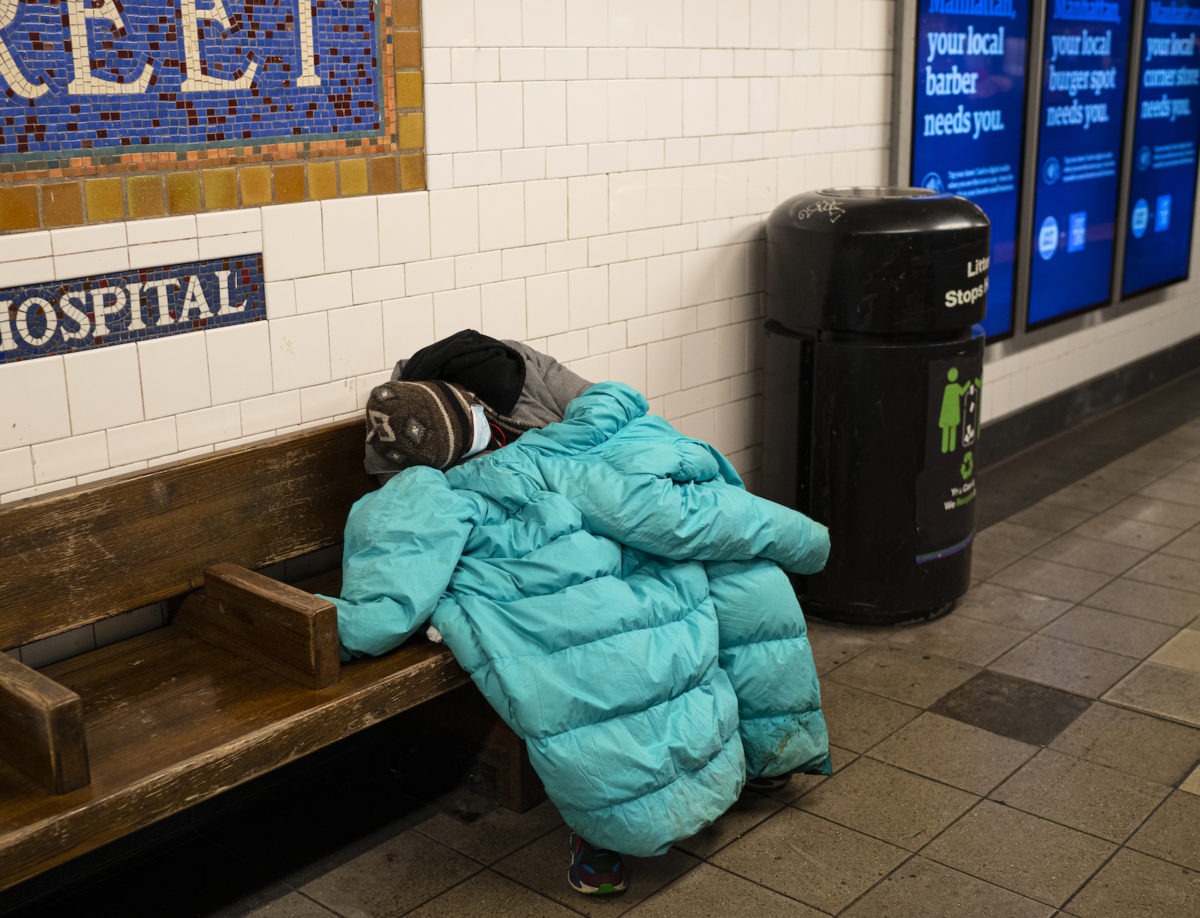
In a forum with people experiencing homelessness, Democratic candidates criticized the mayor’s affordable housing plans, embraced a ‘right to housing,’ and rejected police intervention on homelessness calls.
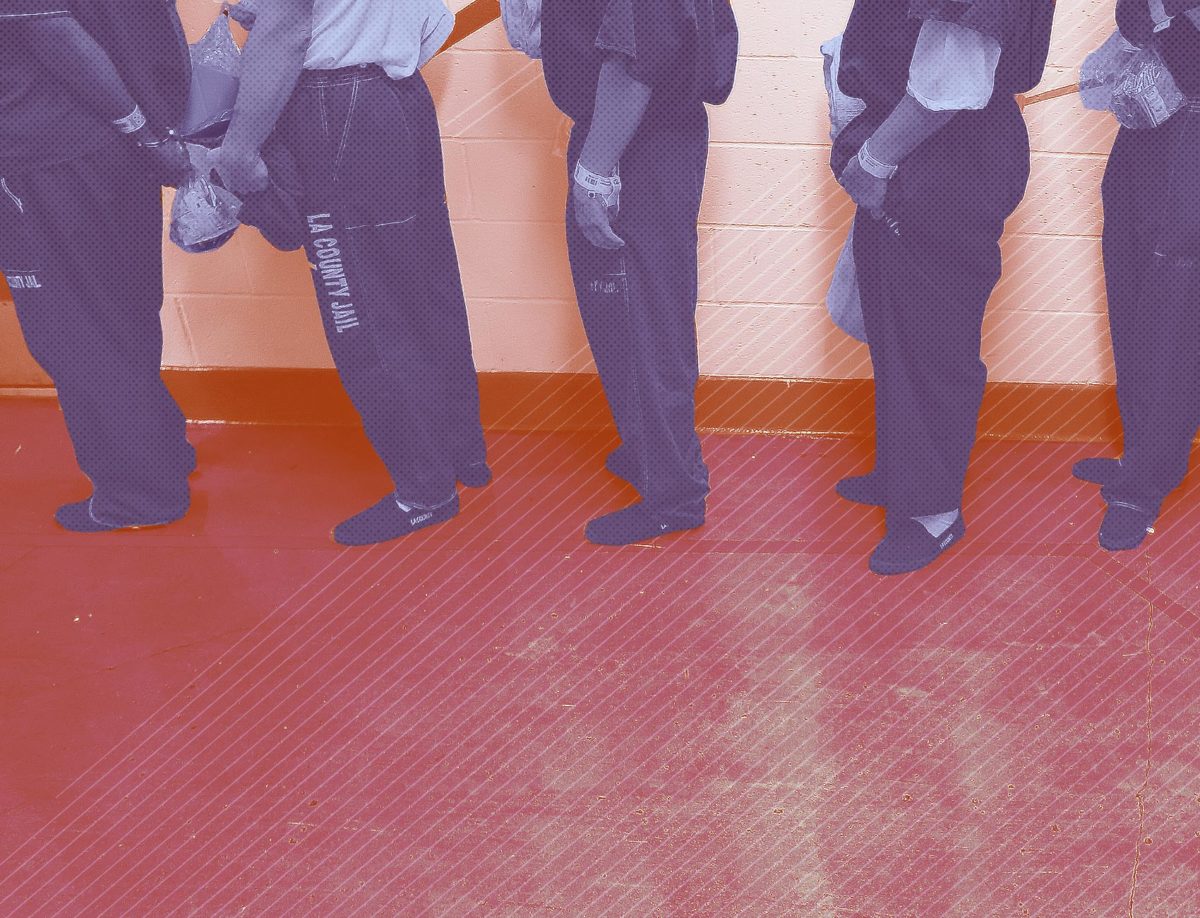
In many of America’s major cities, the early efforts to reduce incarceration during the pandemic have been reversed.

The New York governor has released a plan to legalize marijuana, months after voters in the Garden State approved legalization in November. Advocates say the pressure could have ripple effects regionally.
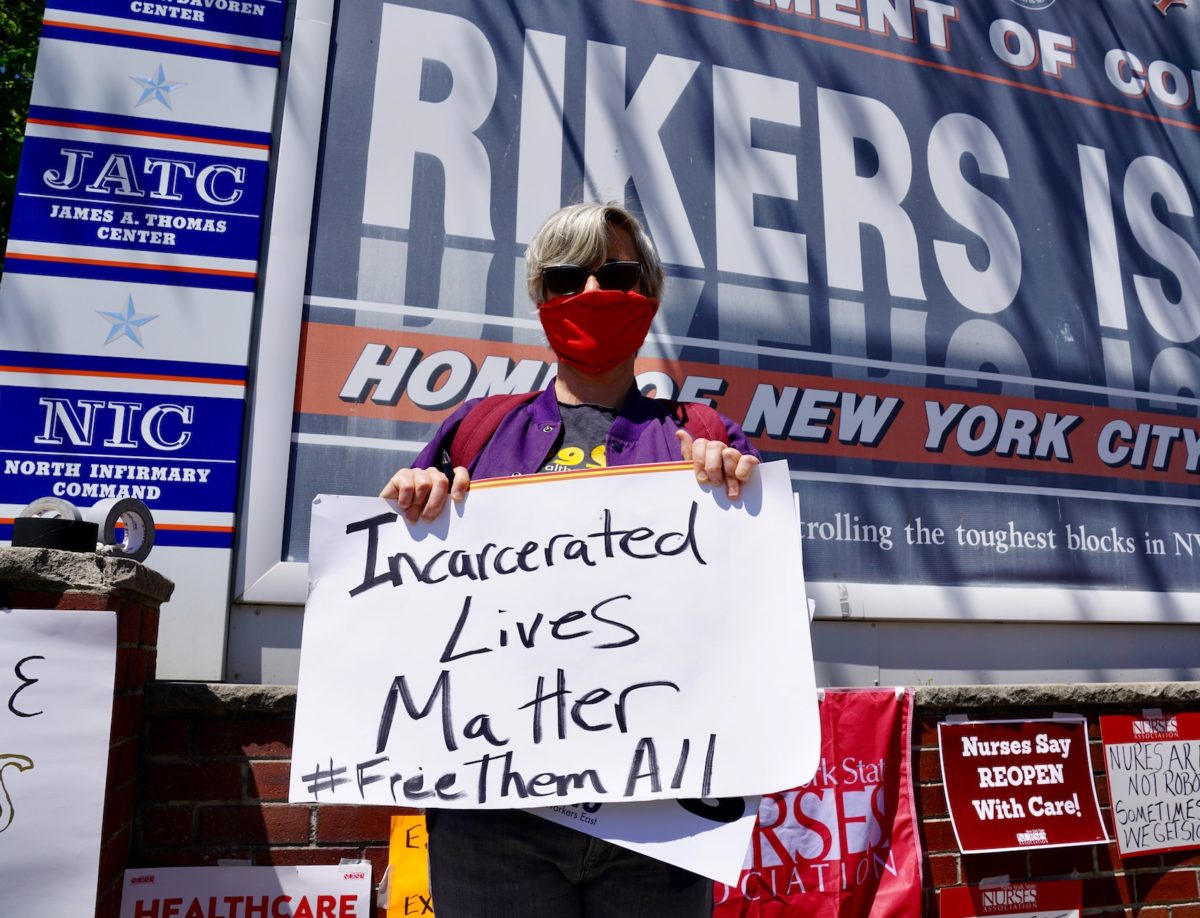
The city says COVID-19 budget constraints will set back its plans to close the jail but people incarcerated there are suffering from the disease right now.
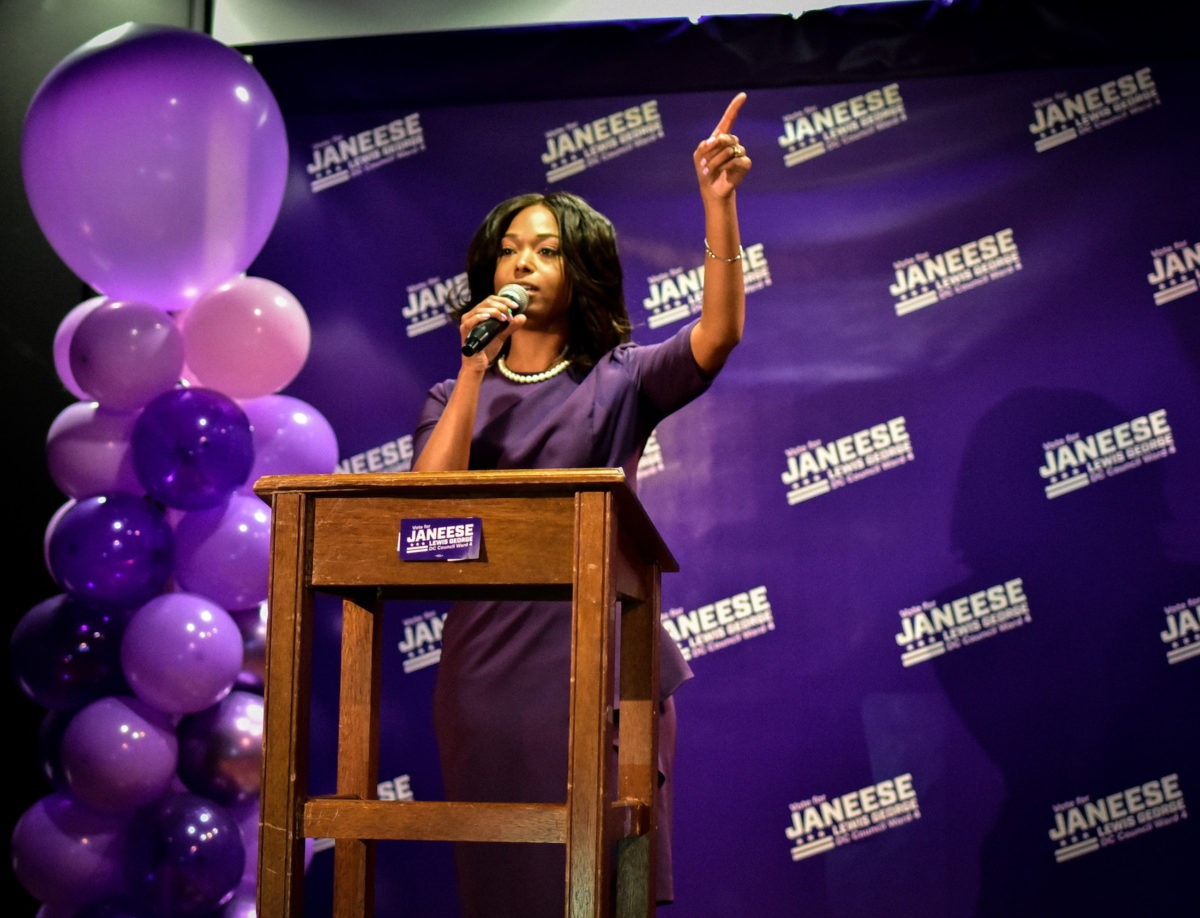
The party’s national director tells The Appeal about candidates in New York, Washington, D.C., and New Mexico that the WFP would like to see oust the establishment.
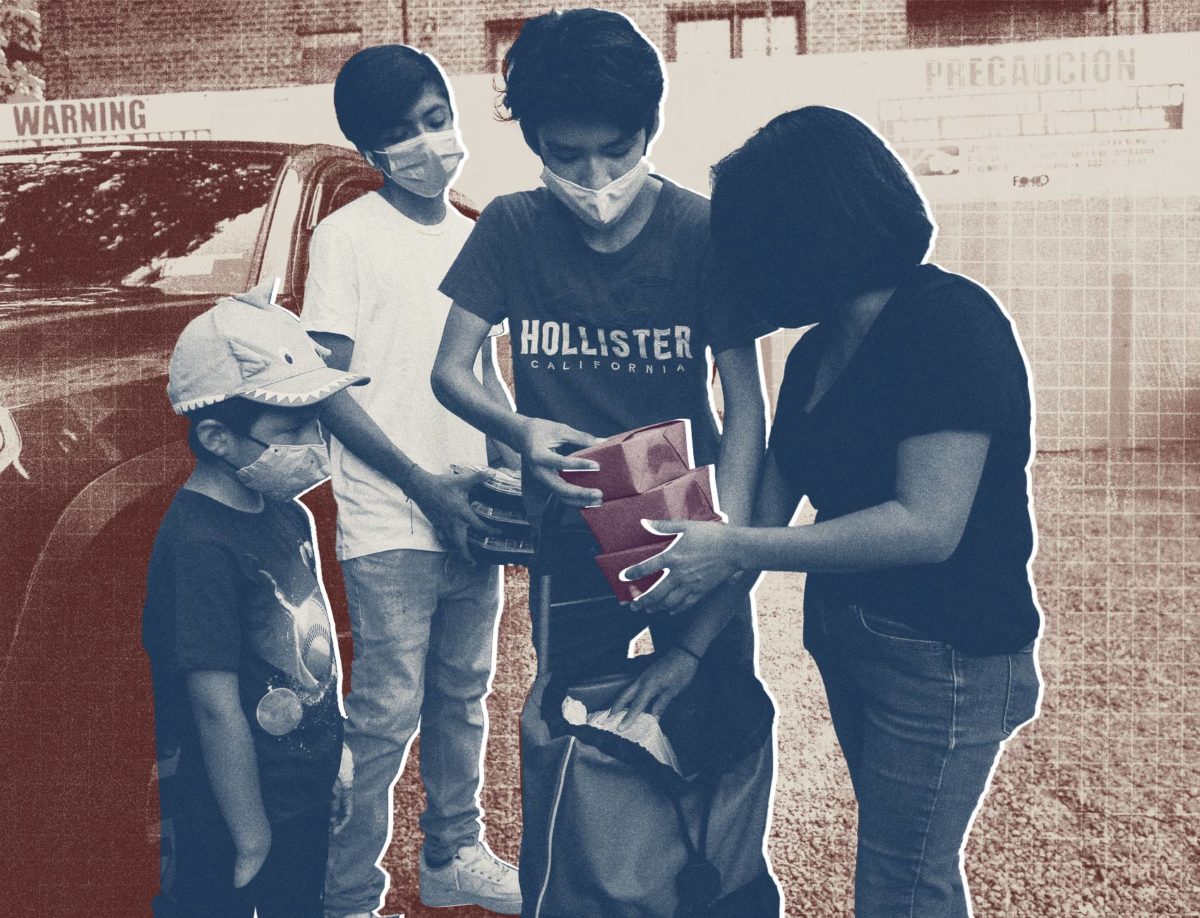
Since the pandemic began, vital programs that enable children to receive free meals, such as the National School Lunch Program, haven’t been reaching the families in need of support.
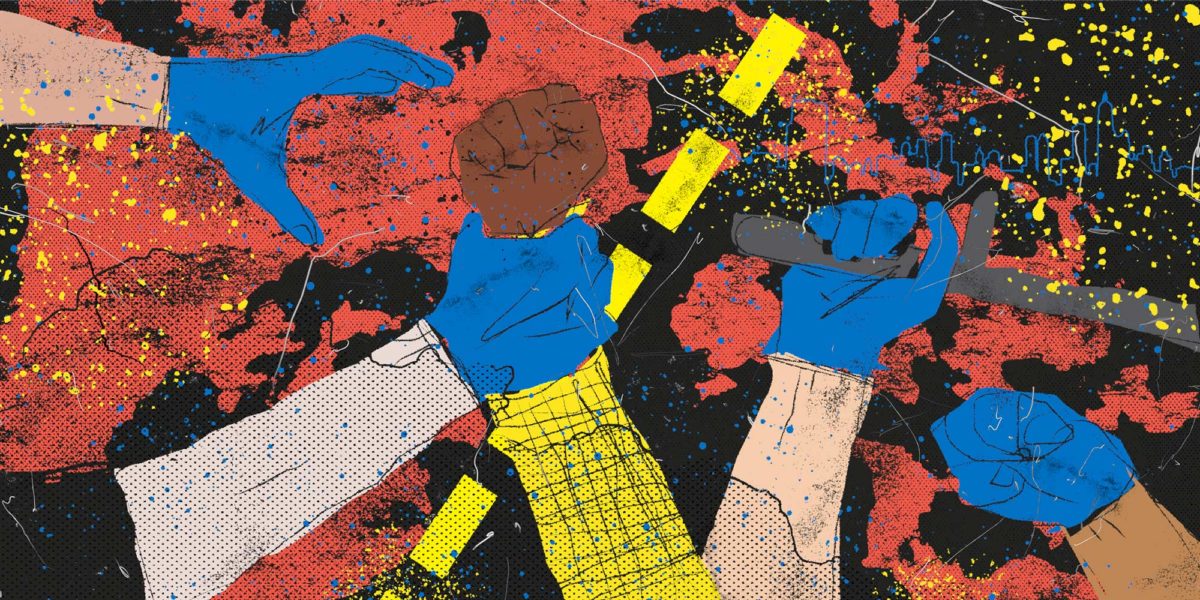
Civil liberties experts say the Strategic Response Group’s recent crackdown on ICE protests is the most brutal suppression of protests in decades—and many of its officers are the subject of significant misconduct allegations, including a supervisor with 32 complaints.
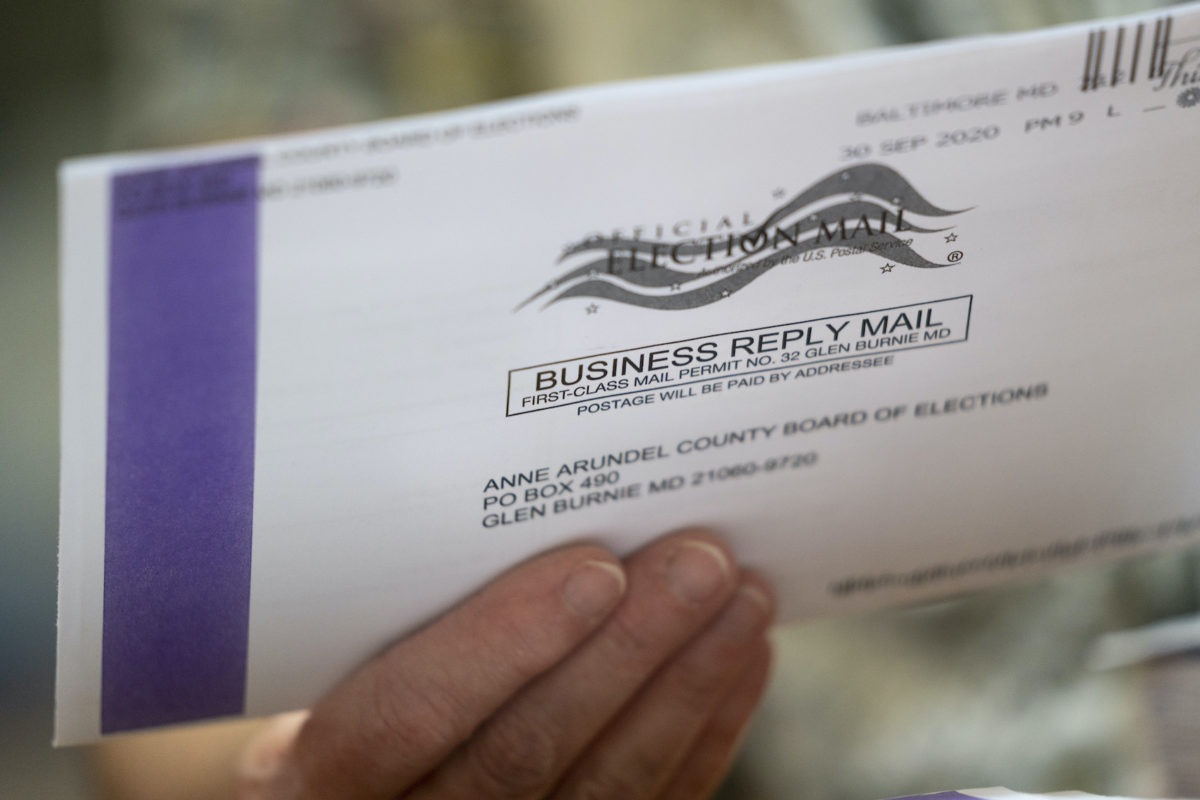
Last week’s problems in New York were part of a widespread series of issues, both systemic and targeted, that are only now becoming fully apparent, activists say.
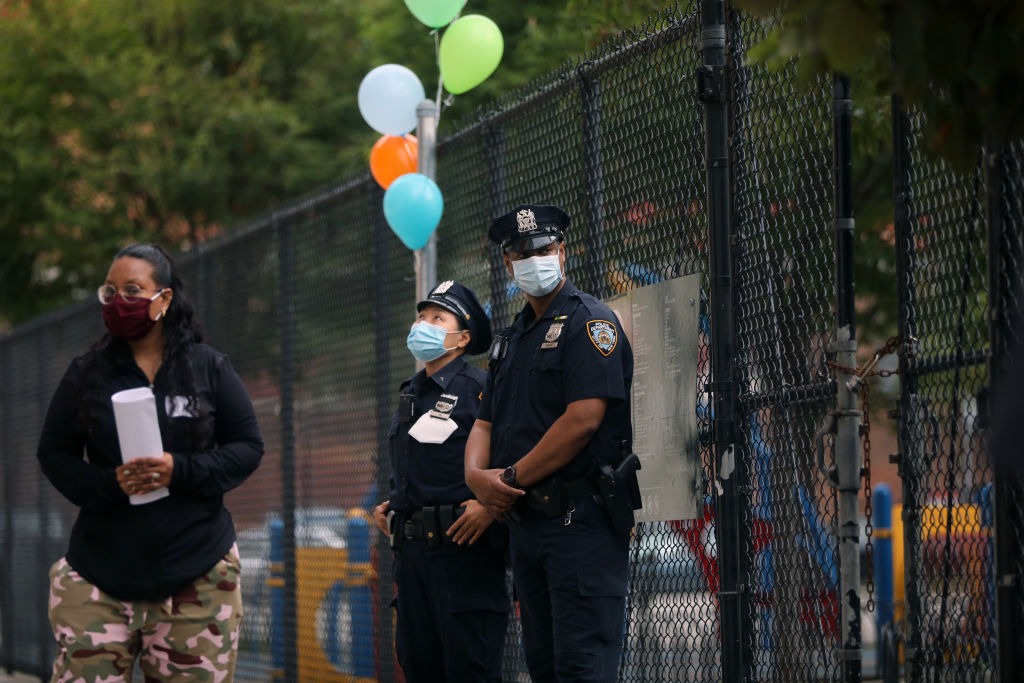
Research has shown only that police can be sufficient, not that they are necessary.
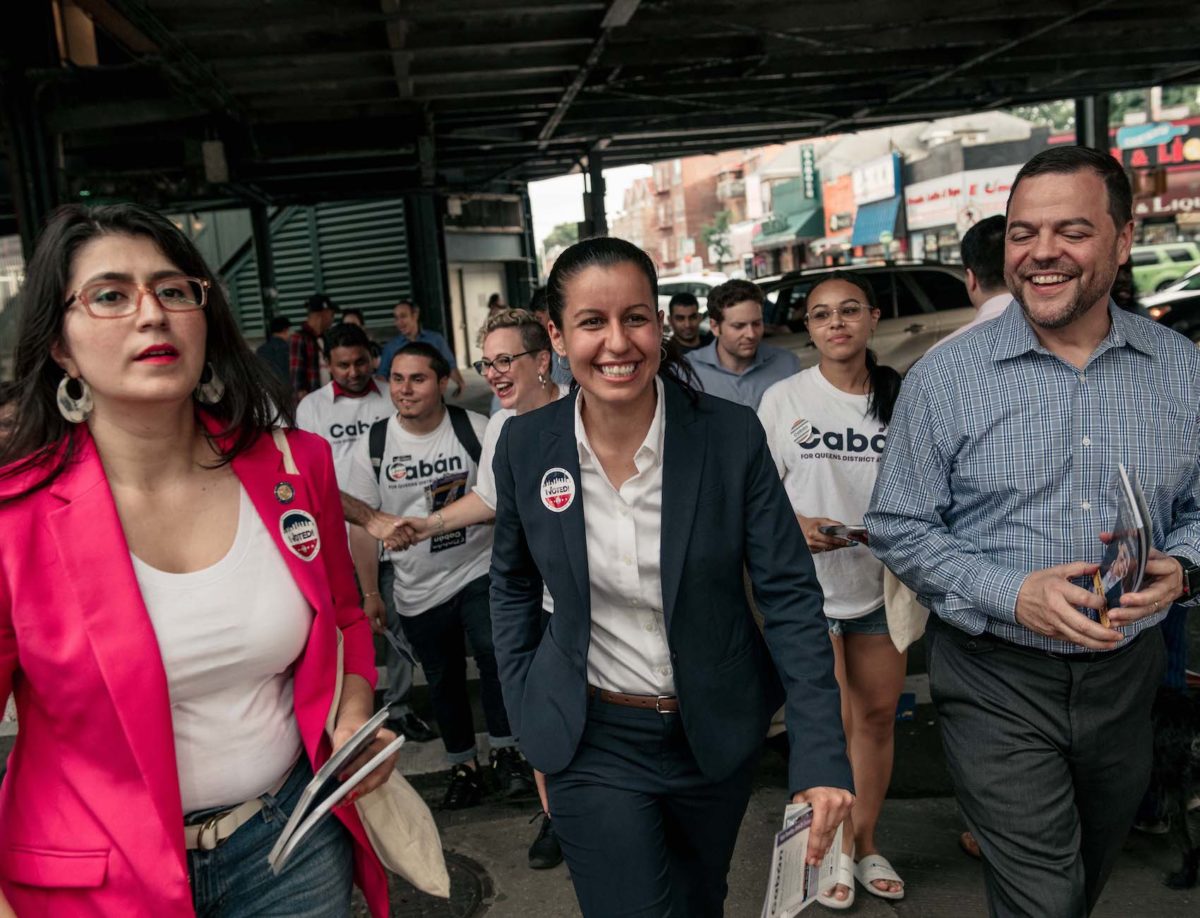
In the face of a pandemic and police violence, elected leaders have failed to keep us safe and to champion the voices of marginalized communities like mine. Now it is time to determine our own future.
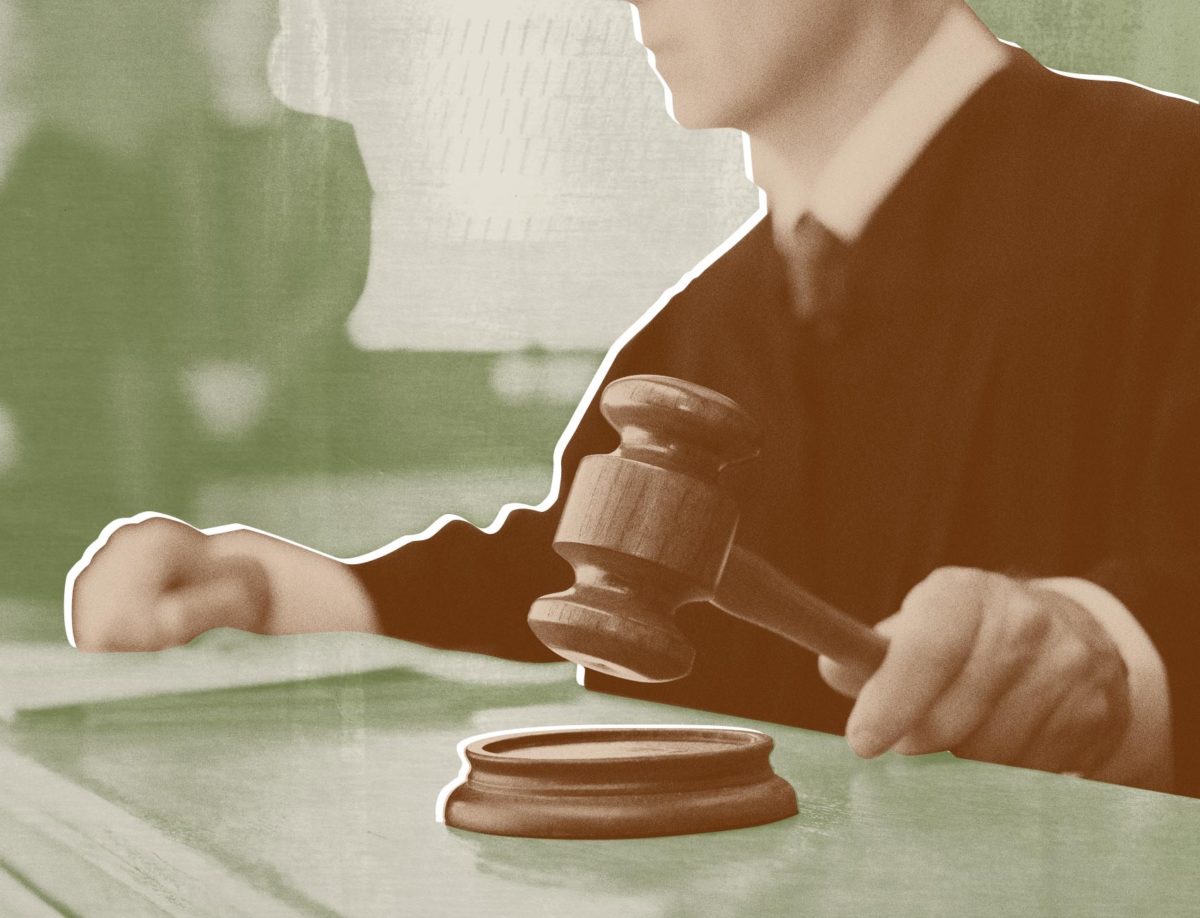
Although the new law took effect in January, state data showing how courts are applying it won’t be available until July 2021. And without funding, courts in small towns and villages may never collect the data.
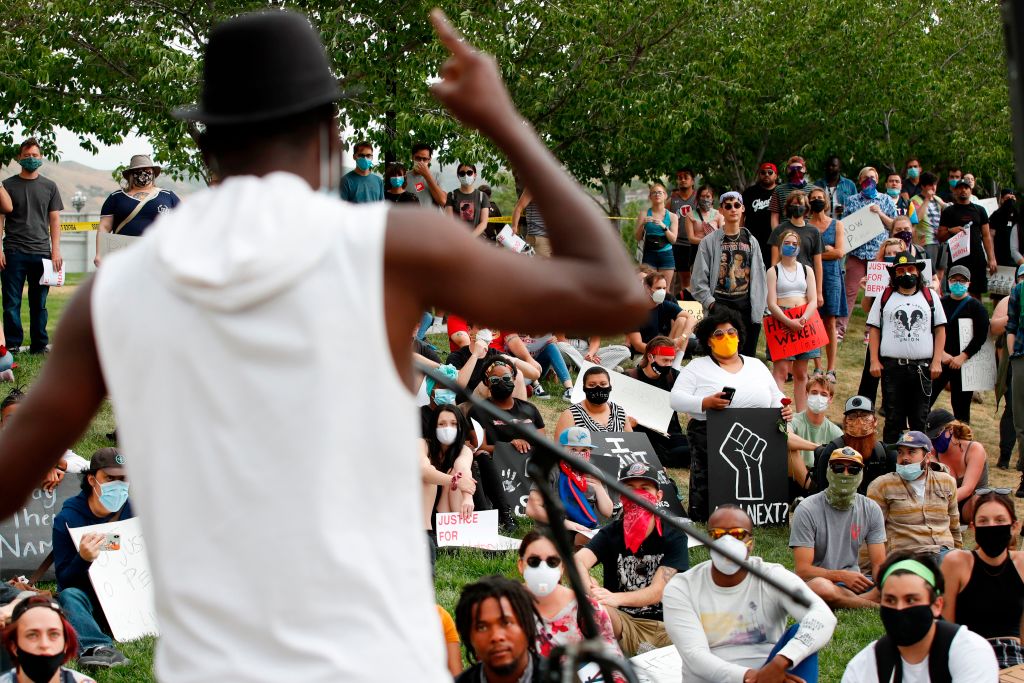
Prosecutors in states ranging from New York to Utah are using decades-old gang laws to target participants in the largest uprising against police brutality in U.S. history.
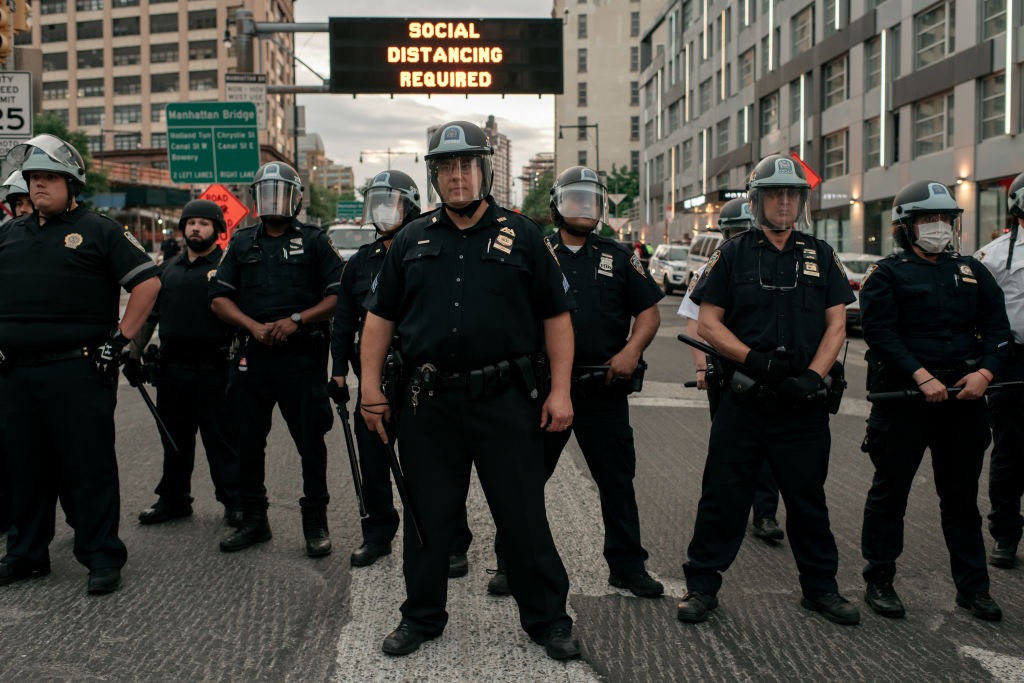
Administrative subpoenas—which do not require a judge’s approval—are typically used for the department’s internal investigations, but The Appeal has learned that they are being used in criminal cases.
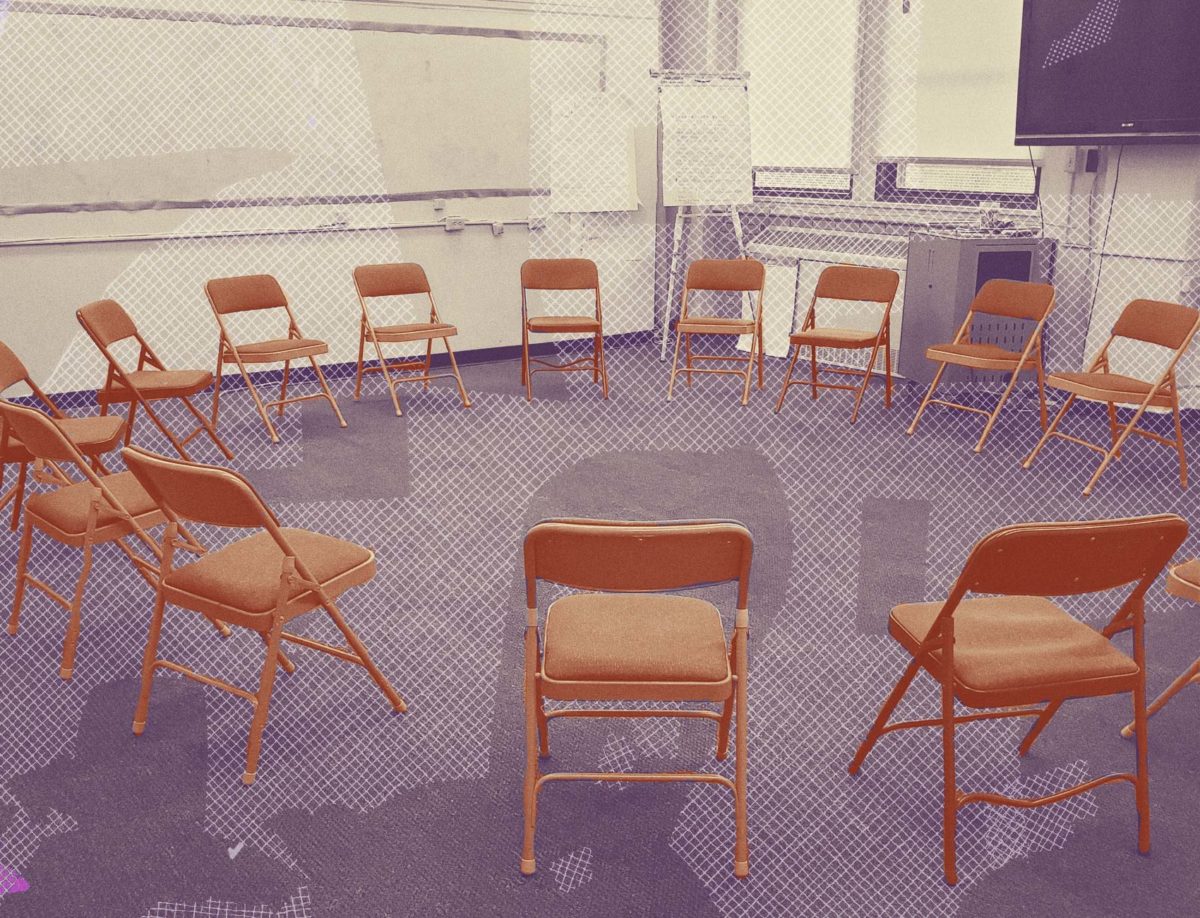
Rates of reporting domestic violence are low in immigrant communities, where survivors of abuse often don’t want to involve the police. As an alternative, the de Blasio administration promised to fund community-based domestic violence programming—but those funds were delayed, and advocates fear programs with strong community ties may not meet the city’s requirements.
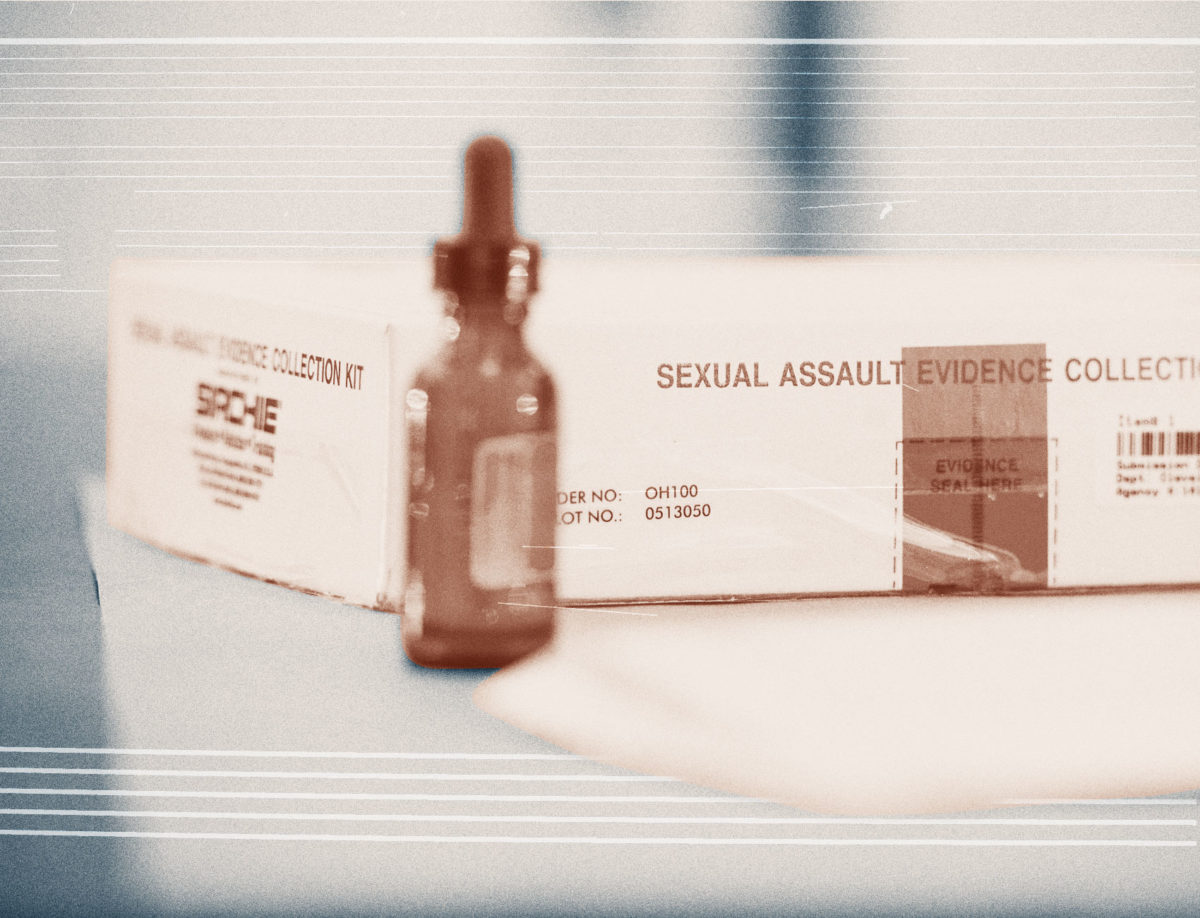
In New York, fewer people who have experienced sexual assault or rape have sought forensic exams at hospitals during the pandemic. But advocates suggest that’s not evidence of declining sexual violence.
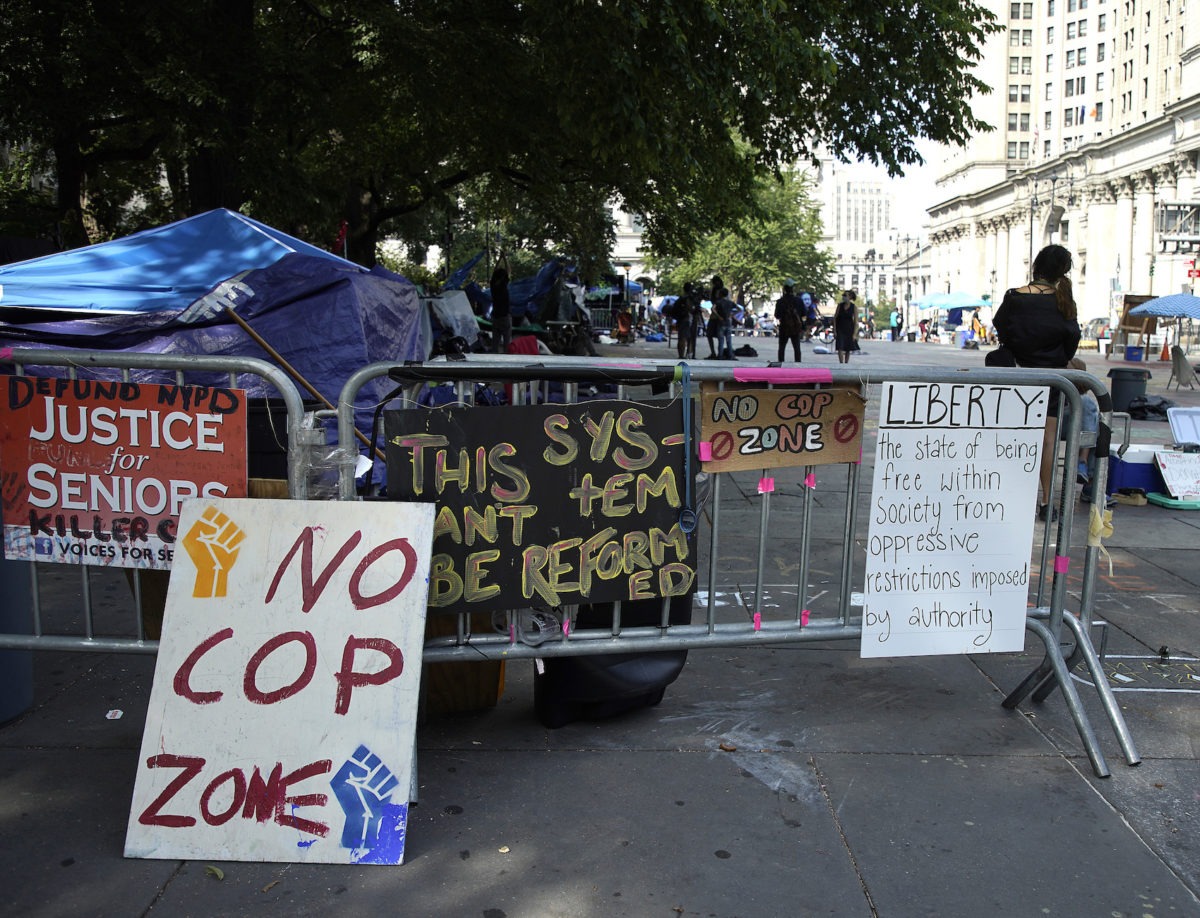
Protesters believe law enforcement is looking for retribution after police arrested a woman Tuesday night and placed her in an unmarked van, a callback to recent events in Portland, Oregon.
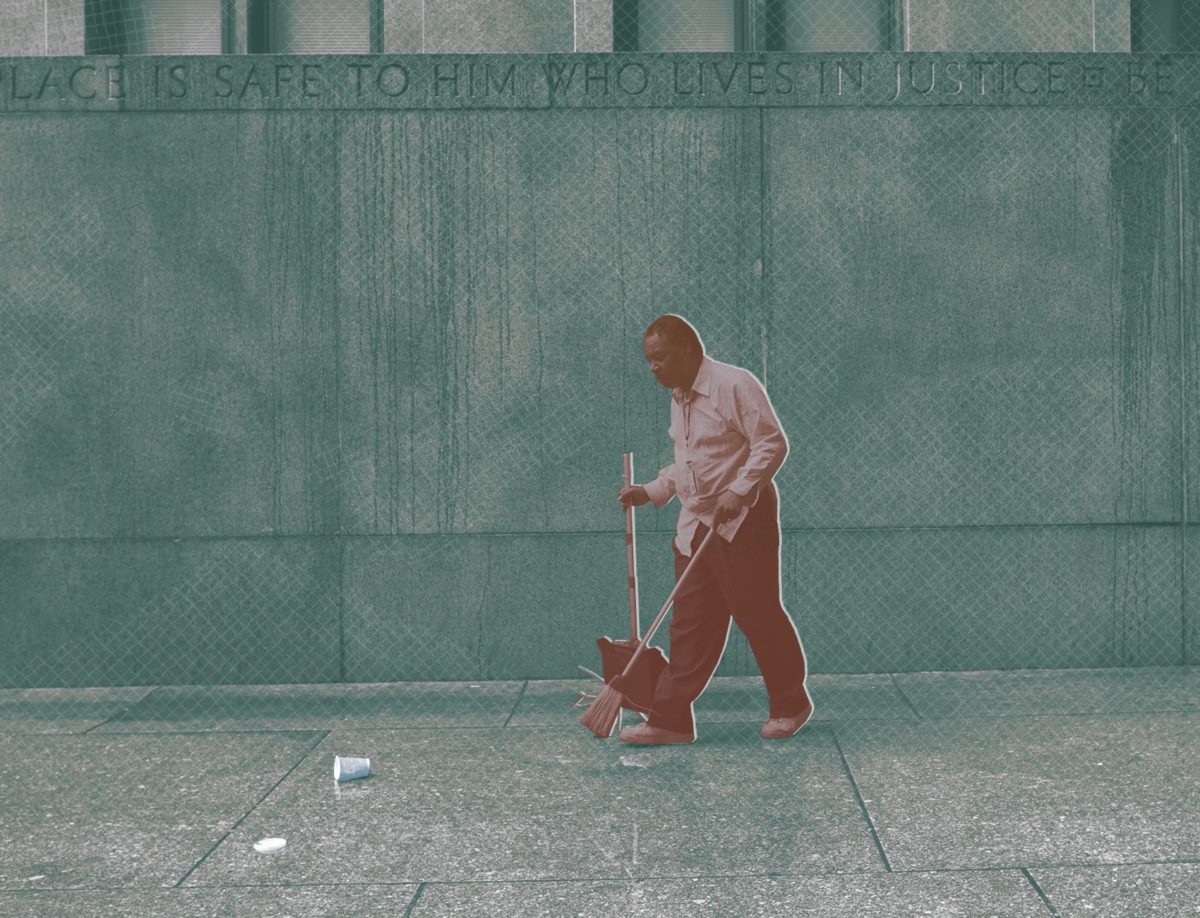
The Doe Fund says it pays homeless and formerly incarcerated people New York City’s minimum wage of $15 per hour. But the nonprofit charges weekly fees that can drive their wages below the federal minimum of $7.25.
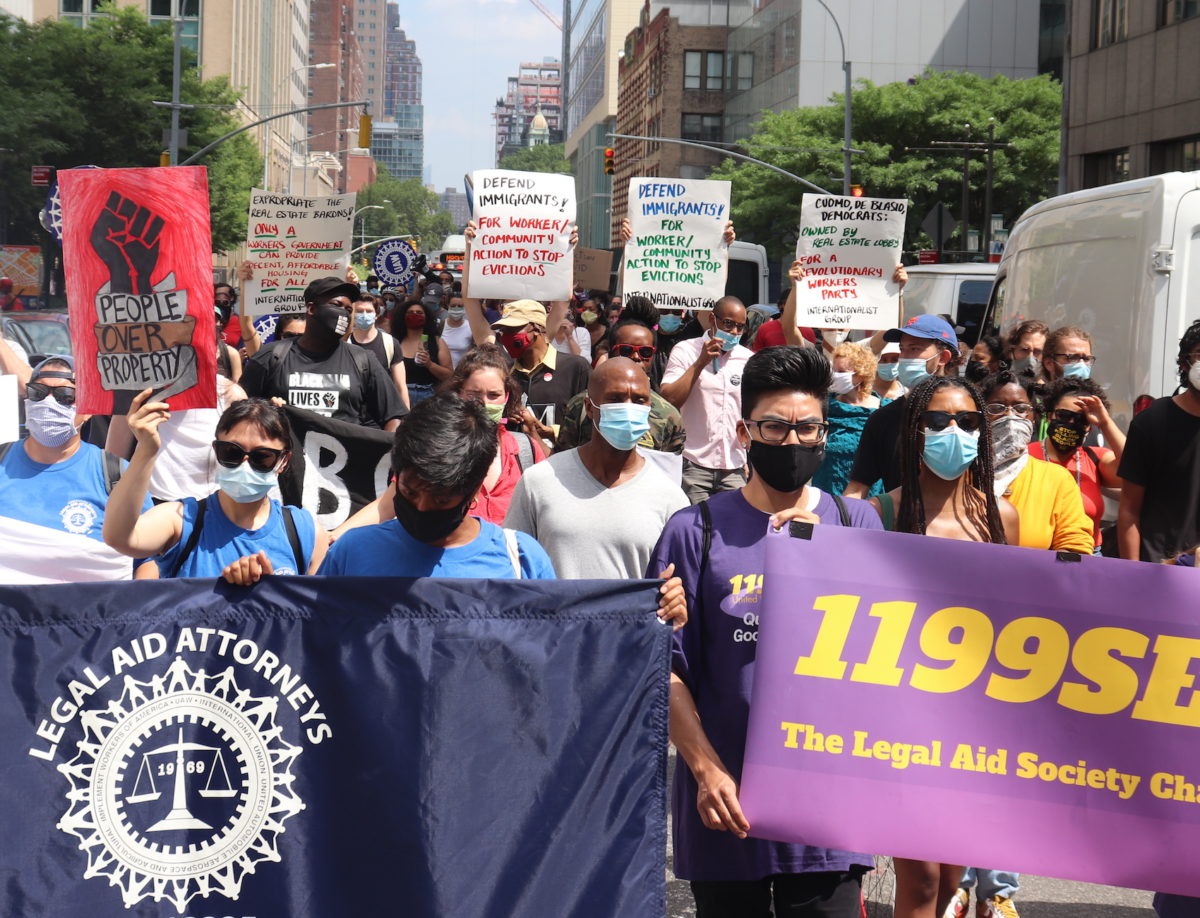
The advocates describe the reopening as unsafe and unnecessary amid the COVID-19 pandemic.

Organizations in New York City have stepped in to help families with funeral costs and related matters in communities hit hard by the disease, but their money and resources are strained.